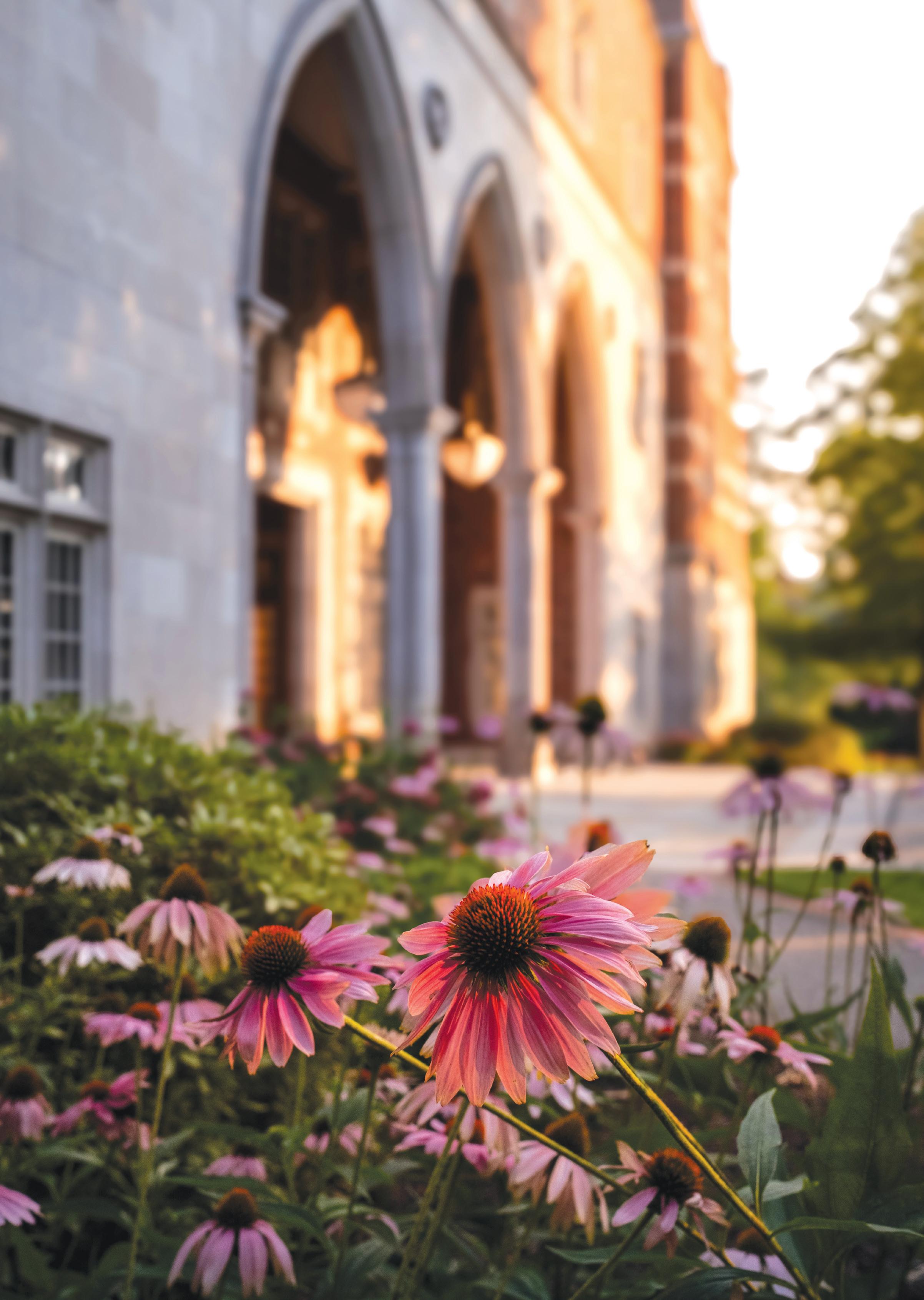

Spider Insider
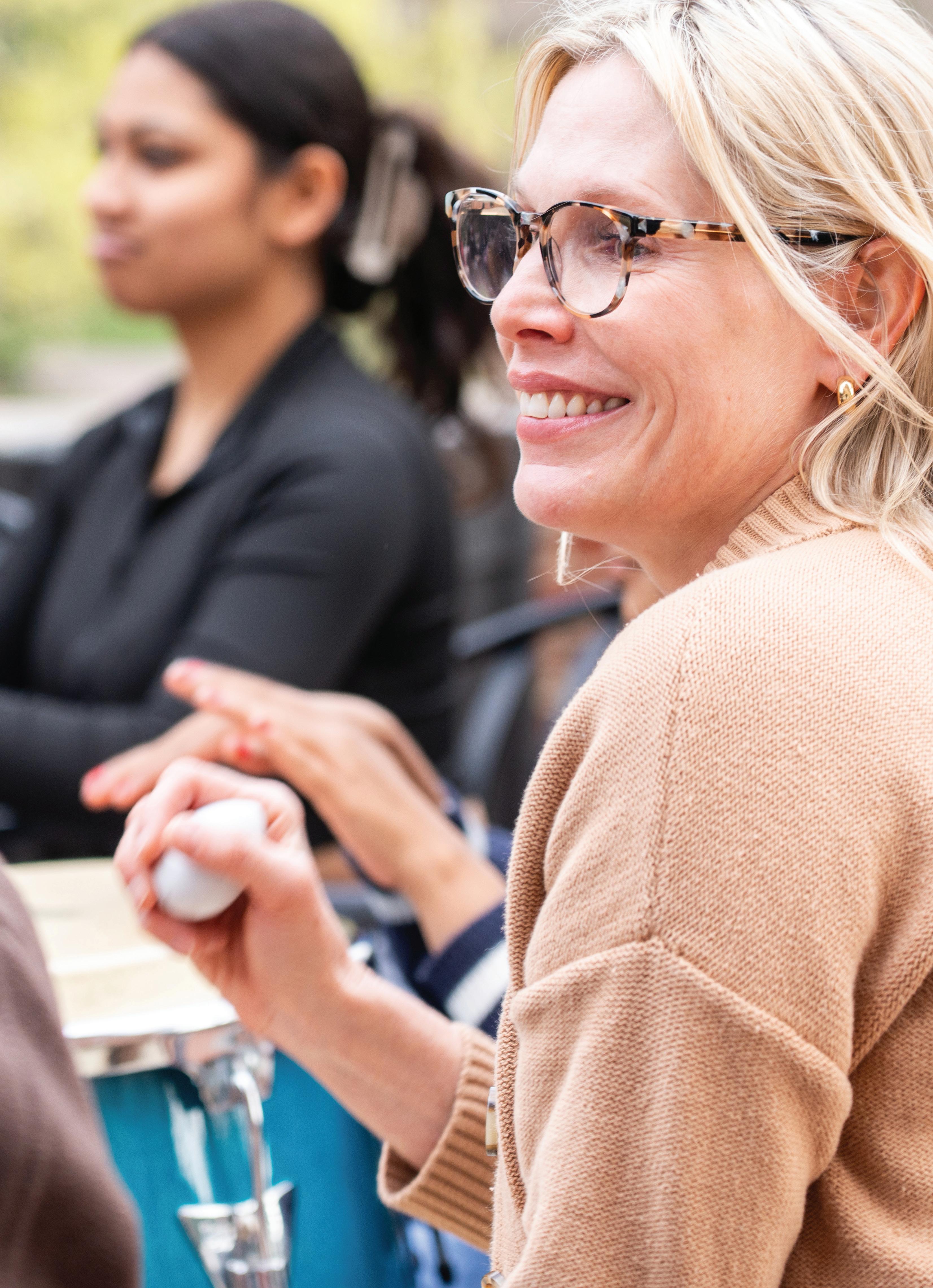
RHYTHMIC CONNECTION
In April, more than 20 faculty, staff, students, and community members gathered on the patio of Boatwright Memorial Library for an interactive drum circle led by Grammy Award-winning Third Coast Percussion. The workshop, a collaboration between the Modlin Center for the Arts and Boatwright Memorial Library, invited participants to explore rhythm patterns, improvisation, and the joy of making music as an ensemble.
“It was a joyful activity that brought together a broad group of people to connect and make music together,” said Shannon Hooker, director of the Modlin Center for the Arts. “Through my work at Modlin, I have the privilege to facilitate creative engagements on campus and in the community with visiting artists. It’s moments like these that illustrate why we all need art in our lives.”
Vice president for communications and chief marketing officer
Tom Addonizio
Associate vice president for communications and
Cynthia Price
Editor Cheryl Spain
Associate vice president for creative and design services
Samantha Tannich
Graphic designer Ashley Gladner
Photographer Jamie Betts
Staff contributors: Lauren Anesta, Rayne Badillo, Sunni Brown, Sandi Cauley, Megan Condict, Catherine Cribbs, Rachel Dawson, Matthew Dewald, Lucy Gilbert, Phillip Gravely, Terrance Henderson, Kevin Heraldo, Alicia Hubbard, Lee Anna Jackson, Kourtney Ennis, Pamela Lee, Rachel Long, Katie McBride, Kyra Molinaro, Amy Ogle, ’26, Cynthia Price, Gordon Schmidt, Sandra Shelley, Cindy Smith, and Greg Thompson
AUTUMN 2025
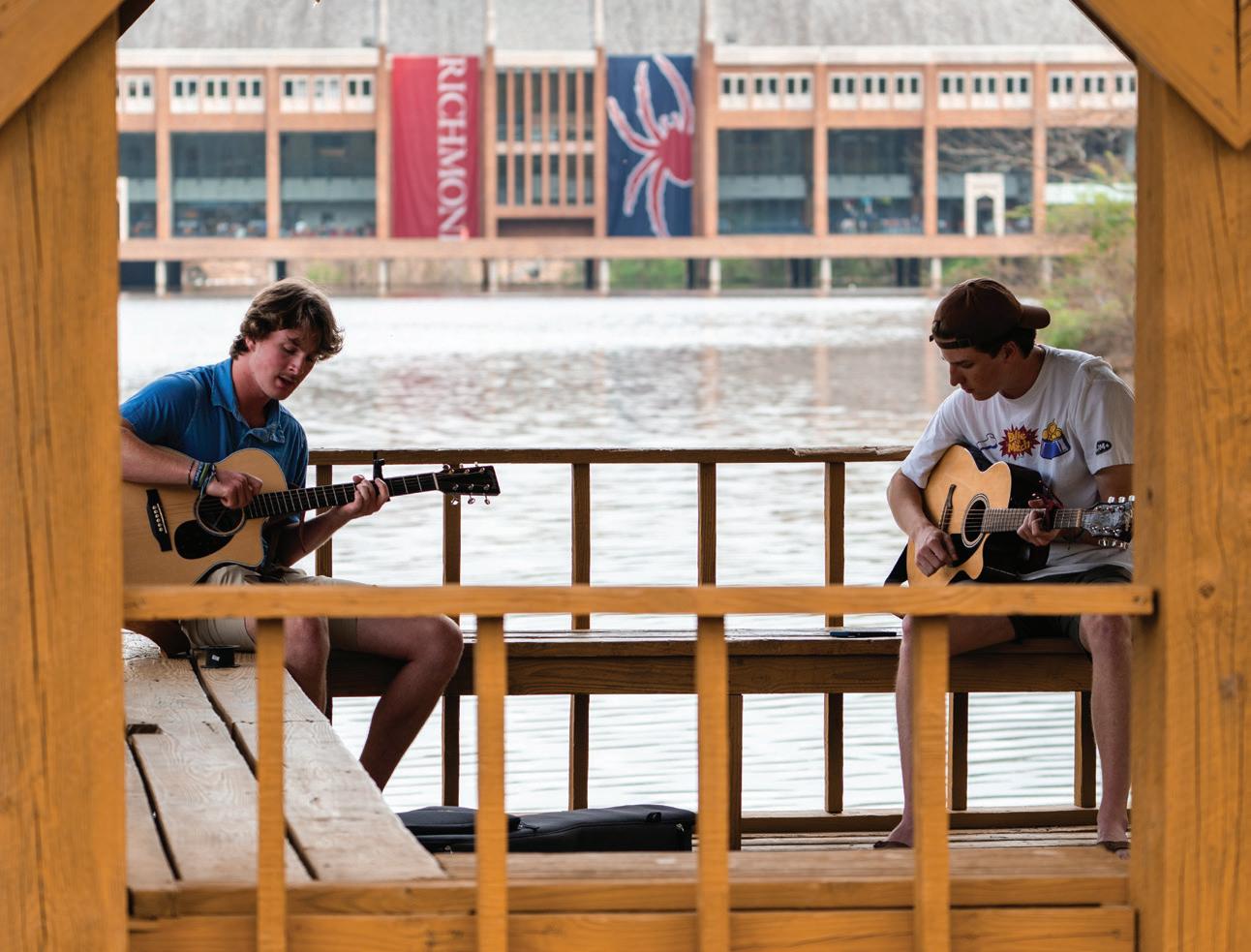
AROUND THE LAKE
STAY CONNECTED
Read more of President Hallock’s messages to the University community — or share your thoughts with him at any time — at president.richmond. edu.
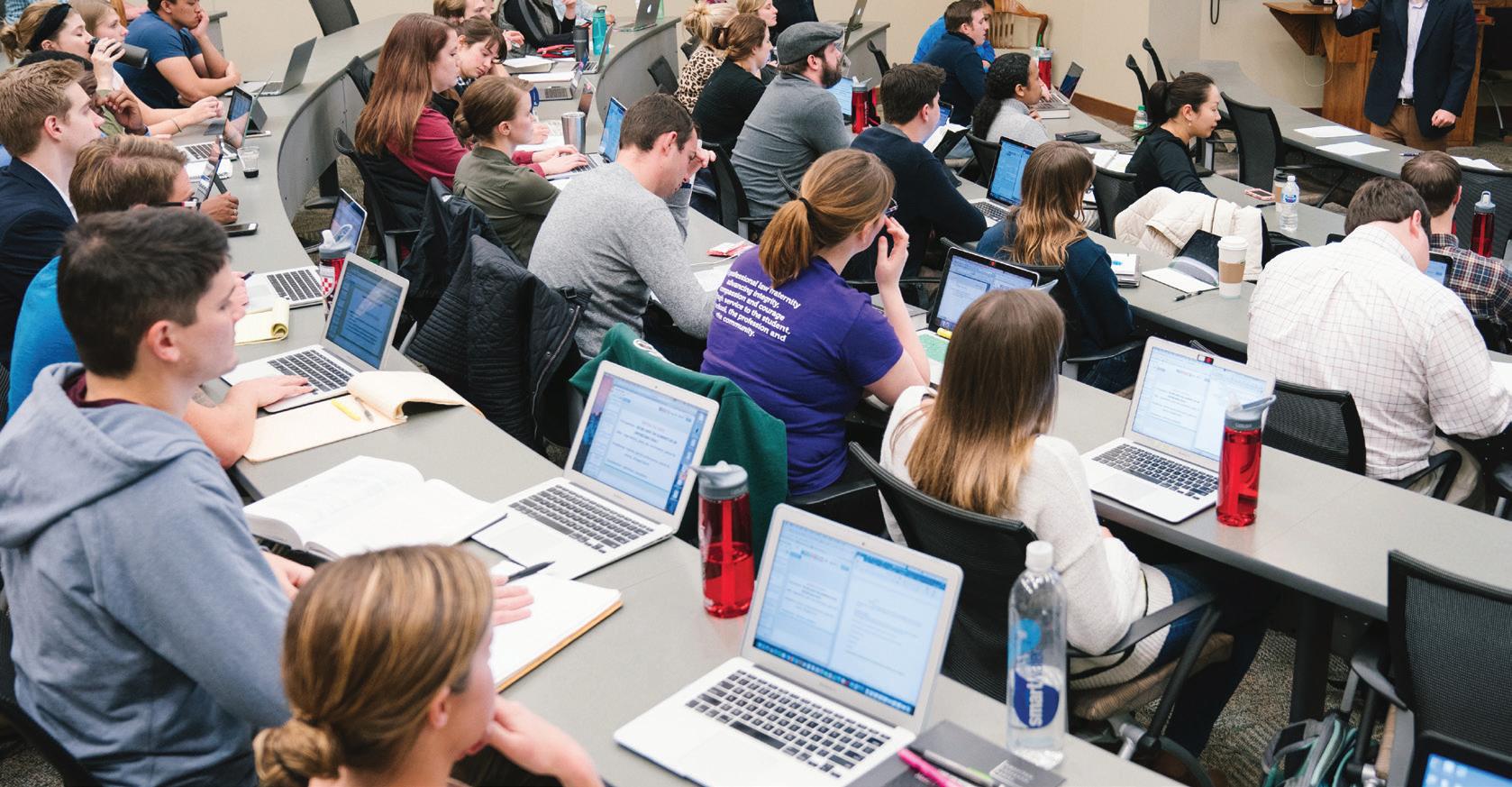
AI at UR: A Path Forward
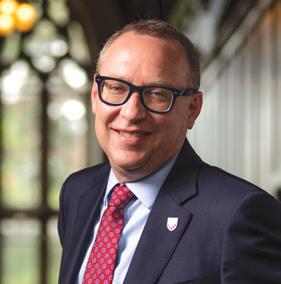
Dear Spiders,
It seems like most people are talking about artificial intelligence (AI) these days, and there is a lot to figure out. What is AI? What can it do? And what are the costs and benefits of its use? Our campus community is bustling with curiosity, and a lot of good work exploring these questions is well underway.
AI is the ability of machines and other technologies to use data to make predictions and even decisions. There are different forms of AI; for instance, “generative AI” can generate new content (text, pictures, video, audio), and “agentic AI” can achieve goals, acting with agency or limited oversight. If you’re curious to learn more, our colleagues at Boatwright Memorial Library have launched an AI tutorial series. They have also built a research guide that offers an overview, from definitions of tools to recent scholarship and faculty resources. And, through Workday, all staff and faculty can access LinkedIn Learning courses on AI topics.
So, what can AI do? Faculty across all five schools are exploring this question as they integrate AI tools and topics into course offerings — from first-year seminars to graduate courses in business and law. In addition, last fall, following much collaboration between a faculty learning community, the Faculty Hub, and Information Services, the University launched a pilot platform called SpiderAI. Now, all staff and faculty can log in to SpiderAI to access leading generative AI tools like ChatGPT and DALL·E 3.
Well then, what should — and what shouldn’t — we do with AI? These are perhaps the most important questions to consider, and fortunately, there are many areas on our campus where this is actively being discussed. Our dedicated technology learning consultants from the
Weinstein Learning Center are available to meet with students to help them understand AI uses and relevant University policies. The Faculty Hub is offering workshops and programs that explore AI’s applications through the lens of teaching and scholarship. The University’s new Center for Liberal Arts and AI (CLAAI), led by Professor of Digital Humanities Lauren Tilton, is connecting colleagues with peers from 15 other universities to share knowledge and resources and exchange ideas for innovation. And, in early spring 2026, we will host a Sharp Viewpoint Speaker Series event on the use and impact of artificial intelligence — stay tuned for more details on that event!
It’s natural to feel both wary and excited when thinking about emerging technologies. They have limitations and shortfalls and ethical considerations, and at the same time, they offer numerous opportunities for innovation and impact. There’s a lot to think about. That’s why I’ve asked a small, dedicated group of staff and faculty — the Presidential Advisory Group on AI (PAG-AI) — to advise me on the further integration of AI at UR. I’m grateful to Provost Joan Saab and Keith McIntosh, vice president and chief information officer, for co-leading this group, and I look forward to hearing their recommendations.
Asking questions and seeking answers is at the heart of what we do as a university community, and it is essential to our continued momentum. We are all rowing this boat together, and I’m grateful for our partnership as we chart our path forward.
Kevin F. Hallock President and Distinguished University Professor of Economics
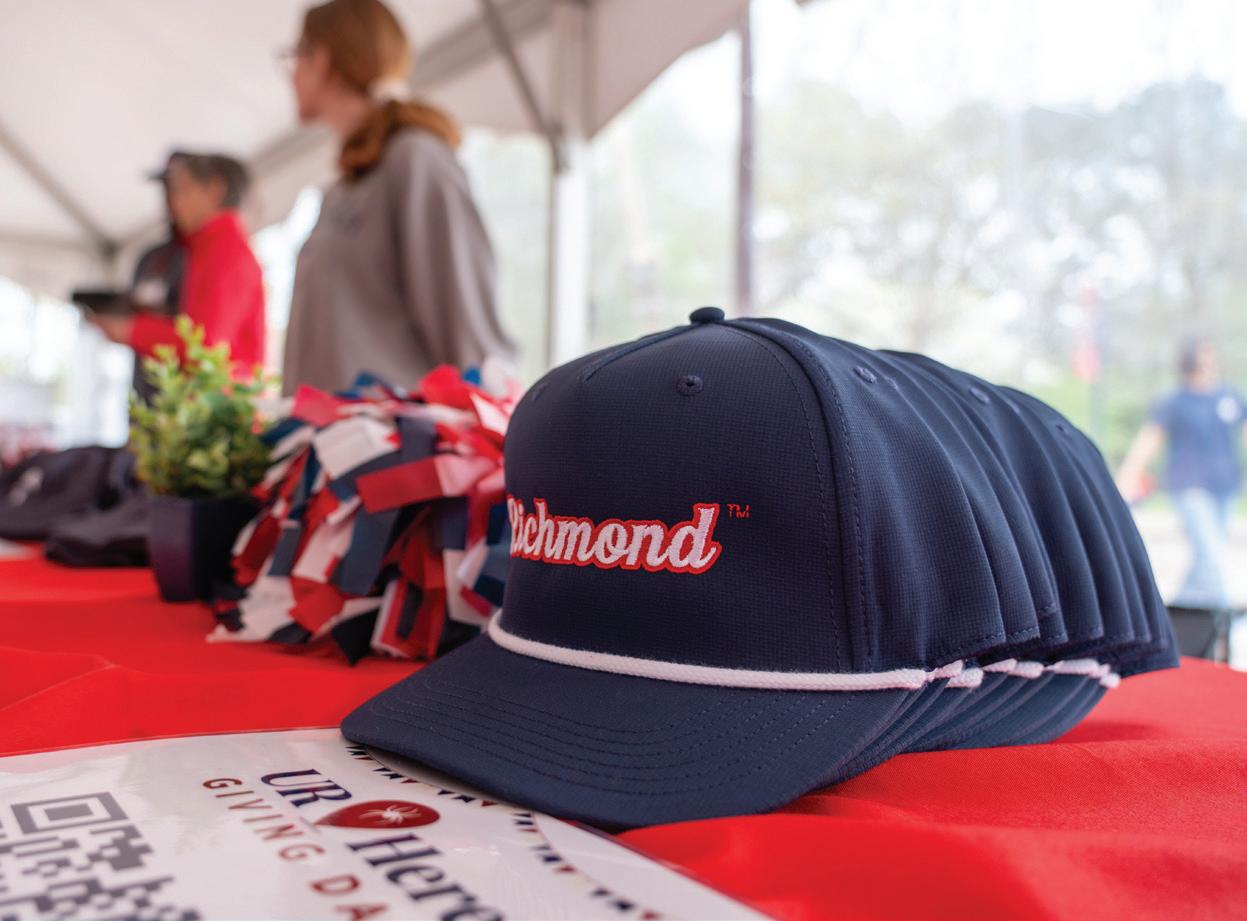
Investing in Student Success
Women’s soccer coach inspires community support during UR Here Giving Day
In April, the University’s seventh annual UR Here Giving Day made history as Spiders around the world showed their support for students. An unprecedented 4,800-plus donors from 50 states and 17 countries came together to raise a record $2.8 million in just 36 hours.
Adam Denton, head coach of the Spiders women’s soccer team, played a significant role in UR Here’s success. He offered a 1:1 match for all gifts to the team, resulting in a total of $20,567 given by 98 donors. Overall, Spider Athletics received the most donations of any impact area, totaling more than $1.2 million from 2,574 donors.
“It’s important to me that we recognize our student-athletes for everything that they do,” Denton said. “As coach, by showing my investment in the program, it creates an opportunity to engage the community and share the message that any amount given really helps.”
This was the second consecutive year that Denton has offered the 1:1 match, and he plans to offer it again in 2026. Funds raised this year will be used to purchase recovery equipment and technology for injury prevention.
Denton was one of 394 UR faculty and staff members who supported UR Here. In total, they contributed more than $95,000.
Spider Athletics received the most donations of any impact area, totaling more than $1.2 million from 2,574 donors.
Denton said he is proud to give back because he recognizes the important role philanthropy plays in advancing the University’s mission.
“I feel privileged to work with our student-athletes and be a part of the Spider community,” he said. “It’s a very special place, and if you can give back in any way, you should.”
This fall, Spiders will have another chance to give to students through Spiders Helping Spiders. The annual fall initiative encourages gifts targeting specific areas of financial need. Support for Financial Aid, the Student Emergency Fund, and the Career Opportunity Fund enables students to stay on track when they face financial difficulties or need targeted assistance to prepare for work and life after graduation. In 2024, around 1,500 donors — including 152 faculty and staff — raised more than $410,000 during Spiders Helping Spiders.
“Our faculty and staff are integral partners in the University’s success,” said Gabrielle Strickland, director of annual giving. “Their partnership in these efforts, through advocacy as well as financial support, shows the entire Spider community the importance of investing in students. We continue to be grateful for the engagement and support of our faculty and staff.”
ACCOLADES
The Princeton Review recognized UR in its 2026 “Best Colleges” guide, highlighting excellence in academics, student support, and campus life. UR earned multiple top 10 rankings, including No. 8 for “BEST CAREER SERVICES” — up from No. 12 last year — and No. 8 for “BEST QUALITY OF LIFE” — up from No. 24 last year. Other top rankings include No. 3 for “BEST CAMPUS FOOD” and No. 7 for “BEST-RUN COLLEGES.”
The Princeton Review also named UR among its “BEST VALUE COLLEGES” for 2025 and ranked UR No. 9 among private schools on the “TOP 20 BEST SCHOOLS FOR INTERNSHIPS” list, marking the eighth consecutive year it’s landed in the top 10.
The Peace Corps ranked UR No. 5 in the top small schools category on its 2025 list of TOP VOLUNTEER-PRODUCING COLLEGES AND UNIVERSITIES. Seven alumni are currently serving as Peace Corps volunteers in six countries, and 162 alumni have served abroad as volunteers since the organization’s founding in 1961.
The Fiske Guide to Colleges featured UR in its 2026 edition, highlighting STRONG ACADEMICS, CAREER DEVELOPMENT, and COMMUNITY ENGAGEMENT. UR has been included in the guide since its debut in the 1980s.
Insight Into Academia magazine awarded UR the 2025 EXCELLENCE IN MENTAL HEALTH AND WELL-BEING Award in recognition of the University’s demonstrated commitment to fostering a culture of mental wellness and well-being for students, faculty, and staff.
The Mellon Foundation awarded UR’s Distant Viewing Lab a $1 MILLION GRANT to expand access to computer vision models used in digital humanities research.
UR received two awards at the 46TH ANNUAL TELLY AWARDS — silver for the new-employee orientation video Welcome to the Web and bronze for When you give to Richmond, UR Here The awards honor excellence in video and television across all screens.
The Greater Richmond Association for Commercial Real Estate awarded the University of Richmond a 2025 GRACRE REAL ESTATE AWARD in the institutional project category for the Richmond School of Law renovation.
The National Association of College and University Food Services awarded UR three LOYAL E. HORTON DINING AWARDS. Dining Services received silver in the residential special event category for the Chef’s Table series, in the renovation category for Passport Café, and in the retail sales: single concept category for FlavUR.
UR placed first in the CAMPUS RACE TO ZERO WASTE competition in the GameDay Basketball per capita recycling category. It’s the third time UR has achieved the national recognition.
SOCIAL BUZZ
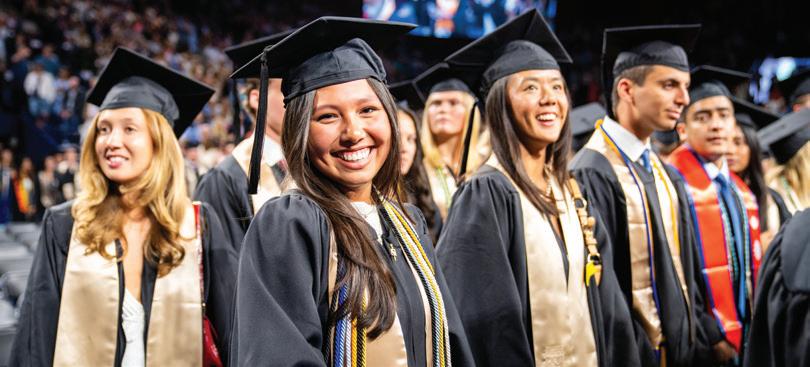
Hats off to the UR faculty and staff for putting on a masterclass of a Commencement Weekend! Every event for the graduates and guests, including the graduation ceremony, was perfectly executed. The lakeside candlelight and fireworks ceremony was exceptional! Well done.
—Roger Tappen via Facebook
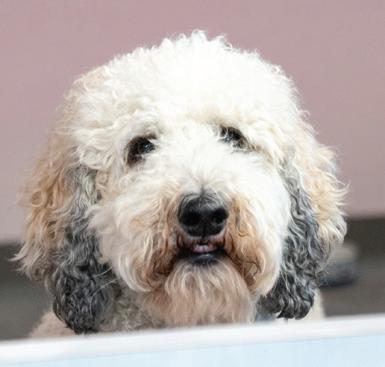
Pretty confident if Karla had been roaming the campus when I was there, I’d have missed a few classes!
—Erin Curran via LinkedIn, referring to UR’s therapy dog
I’ll always be so grateful to UR, Prof Ed Casillas and Prof Brad Goodner for giving me this opportunity many years ago and I’m so pleased to see that doing research in your first year is now commonplace (back then I needed a waiver). UR .. where research dreams happen!
—Dahlia Doughty Shenton via LinkedIn, referring to the vast research opportunities at UR
I still miss it there and I only came for a conference. Such a beautiful, sublime, campus. Look forward to seeing what fortune will bring me back
—iamloveslight via Instagram
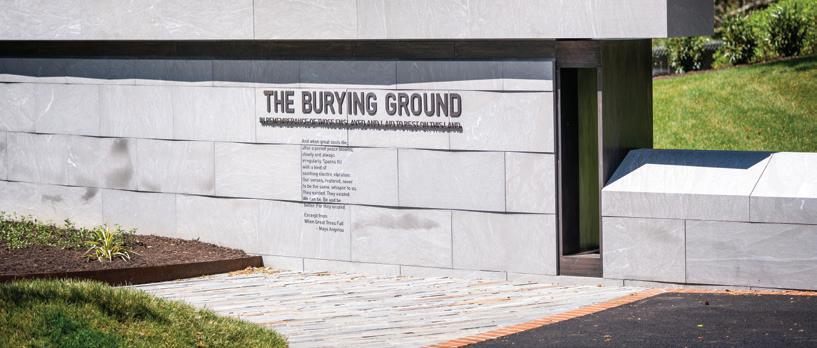
Well done. Your students notice these acts of honor and kindness.
—stay_free via Instagram, referring to the Burying Ground Memorial
Thanks to our groundskeepers for working hard to keep it beautiful!
—Patricia Bonner Coleman via Facebook, referring to spring on campus
Connect with us on Facebook, X, Instagram, and TikTok: @urichmond
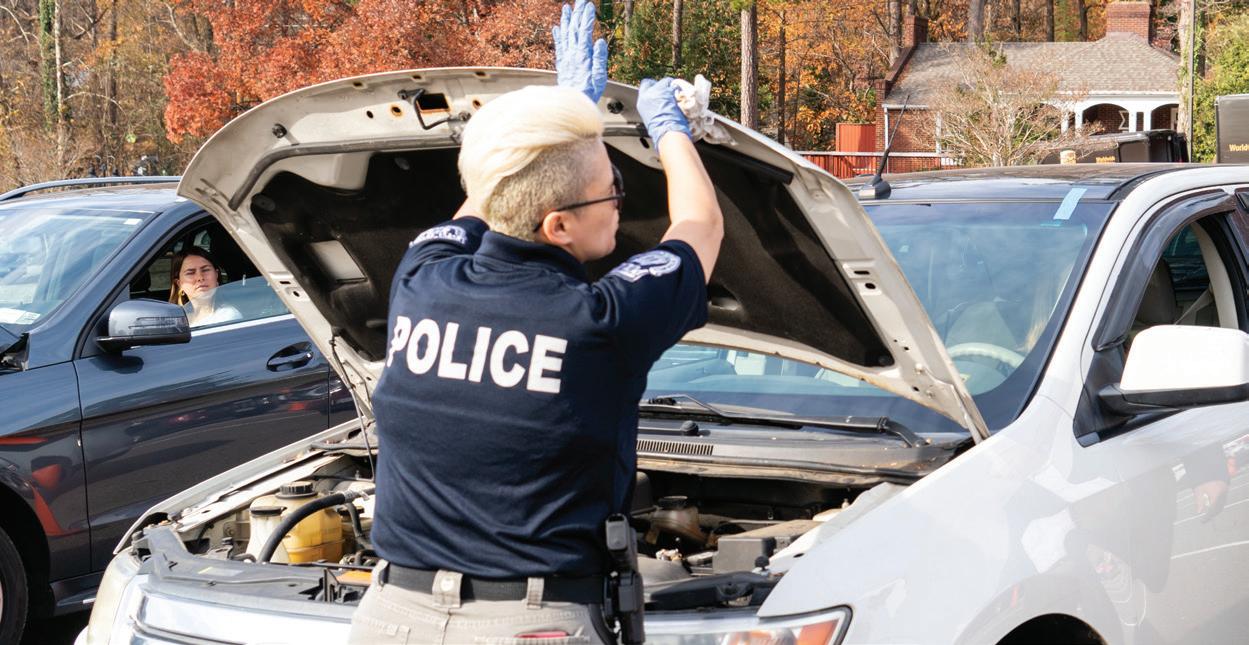
More Than Emergency Response
URPD builds trust through empathy, outreach, and education
At the University of Richmond, the police department (URPD) is a vital and deeply integrated part of the campus community. From mental health crisis response to proactive outreach, officers play an essential role in supporting students, faculty, and staff in ways that go beyond traditional law enforcement.
“Campus police officers receive the same training and are held to the same standards as any police officer in the state of Virginia,” said Dave McCoy, chief of police and associate vice president of public safety. “We consistently look to add value by supporting the needs of our students, faculty, and staff, and here, engagement is key; it’s the heart and soul of what we do.”
That emphasis on connection begins with training. URPD officers receive additional instruction in mental health response and soft skills to prepare them for the unique role of working with students.
“At URPD, it’s about people and making a positive impact in their lives”
“We empower officers to meet students where they are,” said Eric Beatty, police major. Officers serve as liaisons to athletic teams and student groups, often aligning with personal interests, such as video gaming or sports, to form authentic relationships.
URPD also hosts outreach programs such as Coffee with a Cop and Vehicle Safety Day, where students, staff, and faculty can get fluids, tires, and oil checked before heading out for break or at the end of the semester. URPD usually inspects about 150 to 200 vehicles at each safety day.
“It’s nice to build those bridges so if someone sees a person that’s out of place — or if something just doesn’t feel right — they have an officer they already know and trust,” Beatty said.
Personal health and safety are equally prioritized. Five officers are trained EMTs who respond to all campus medical emergencies, and the department, in collaboration with Emergency Management, recently installed additional automated external defibrillators (AEDs) across campus. URPD also offers a growing list of education programs, including CPR, Stop-the-Bleed, women’s self-defense, and a new six-part lunch-and-learn series covering topics such as Narcan/drug safety, active threat, and emergency preparedness.
In mental health emergencies, officers — trained in de-escalation and empathy — are often first on scene, ensuring a sense of safety and support and helping connect individuals with the appropriate resources.
“At URPD, it’s about people and making a positive impact in their lives,” said Alfred Johnson, police major. “It’s about taking the time to listen, treating everyone with fairness and respect, and building trust that lasts long after graduation. When a former student greets you by name at their class reunion, even 20 years later, you know you’ve made a difference.”

Balancing Profit and Planet
The Robins Sustainability Initiative explores the environmental, social, and economic challenges facing today’s businesses
The Robins School is putting sustainability front and center — preparing students to lead in a world where environmental, social, and economic challenges are reshaping business. Through the Robins Sustainability Initiative, sustainability is integrated into every aspect of research and the curriculum, equipping students with the critical skills necessary to drive long-term value, innovate responsibly, and create meaningful change for people and the planet.
Marina Astakhova, associate professor of management, serves as the faculty director of the initiative alongside several faculty advisory group members.
they incorporate sustainability into their courses. There are now at least 41 courses — 38 undergraduate and three MBA — integrating sustainability. Those include Environmental Economics, Urban Economics, Sustainable Marketing, Environmental Management, and Environmental and Resource Economic Theory.
“Sustainability is not just a trend; it’s a transformative approach to business.”
“Sustainability is not just a trend; it’s a transformative approach to business that ensures we honor our responsibilities to each other and to the planet while driving innovation,” Astakhova said.
Robins students develop a deep understanding of sustainability through a holistic approach to problem-solving that emphasizes understanding how different parts of a system interact and influence each other. Examining the relationships and interconnections of society, the economy, and the natural environment allows students to reflect on values that shape decisions, navigate conversations among diverse stakeholders, and tackle complex business challenges.
“Our students understand that in today’s business, success equates to the positive impact on society and the planet beyond mere profit,” Astakhova said.
This year, inaugural teaching grants enabled Robins faculty to incorporate sustainability topics into their courses. In February, the Robins School hosted a sustainability awareness and teaching workshop where professors shared how
Academic exploration reaches a global scale through the course International Perspectives: Sustainability Initiatives, Metrics, and Disclosures, led by Joyce van der Laan Smith, senior associate dean for undergraduate business programs. The course experience culminates with a spring break trip to Cape Town, South Africa, where students visit companies advancing sustainable business and meet professionals shaping environmental, social, and governance standards.
“The students have an overwhelmingly positive reaction both to engaging with a very different culture and to what they learned about sustainability initiatives,” van der Laan Smith said. “More deeply, they confronted their own understanding of a corporation’s responsibility to society.”
Beyond the classroom, the new Net Impact Student Chapter connects students with sustainability careers and promotes community service.
The annual Sustainability Solutions Challenge, which this year featured 65 competitors, saw the winning team propose the Spider Recycling Initiative Program, partnering with GreenScannR to launch a recycling app rewarding participation with dining incentives.
Together, these initiatives position Robins students to thrive in businesses that balance economic success with environmental stewardship, helping drive solutions for a sustainable future.
The micro-farm in the Robins School of Business is a sustainable, year-round growing system that supplies greens to retail dining locations on campus, such as Lou’s.
AROUND THE LAKE
IT’S ALL PART OF THE PLAN
As part of its 2025–28 strategic plan, the Robins School set ambitious goals to elevate sustainability across student life. This includes documenting faculty research, integrating sustainability into teaching across business courses, fostering cross-campus and community collaborations, and scaling initiatives throughout departments. These efforts create opportunities for students to integrate sustainability into academics and cocurriculars while fostering a community where students and faculty become champions of transformative change.
Learn more about the Robins Sustainability Initiative at robins. richmond.edu/about/ sustainability.
BEYOND MOVE-IN DAY
“The undergraduate admission team believes in recruiting to graduation,” said Melissa Falk, associate vice president and dean of admission.
“This is a sustained lifetime relationship, and it takes an entire community to reinforce the value of the Richmond experience.
We want what students expect to experience to be what they actually experience when they’re here.”
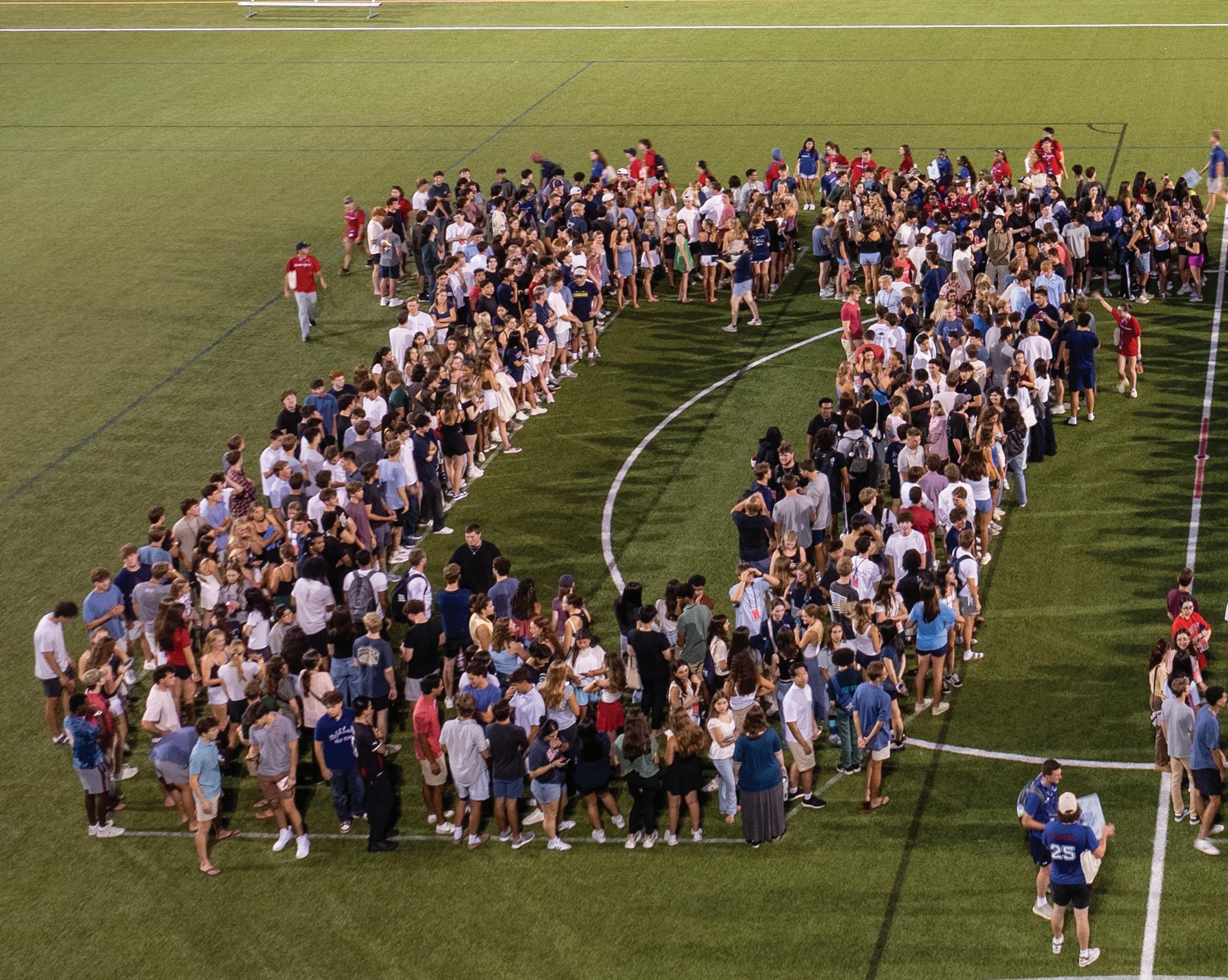
Beyond the Numbers
Undergraduate admission officers bring thoughtful, human focus to every student story
Each fall, when a new class of undergraduate students steps foot on campus, it marks the beginning of something new and full of possibilities. But long before move-in day, the undergraduate admission team is laying the groundwork for their arrival. From cross-country — and occasionally international — travel for high school visits and college fairs to countless conversations with students and families to late-night application reading sessions, the team operates behind the scenes to shape a class that reflects the University’s values and will contribute to its academic, social, and cultural life.
To uphold UR’s commitment to community, each of the more than 17,000 applications receives individual attention. Approximately 20 admission officers review each file holistically — with two or more lending their insights. Throughout the process, officers collaborate to share trends and refine their understanding of the applicant pool. By the time an admission decision is made, multiple people will have applied a human perspective to each applicant’s story.
“I think it’s important for people to understand that Richmond’s value of community is demonstrated explicitly in our admissions process,” said Melissa Falk, associate vice president and dean of admission. The office does not use formula-driven systems or artificial intelligence to make
the admission decision. While technology is used in various ways to standardize and streamline processes, decisions are being made by “real humans reading real applications that have been submitted by real humans.”
Each application is read in full, with the team considering the student’s academic performance in terms of the classes they’ve taken and the grades they’ve earned, their trajectory of achievement, and the way they spend their time outside the classroom, whether in their communities, with their families, or in school activities — all in the context of the opportunities available to that student.
“We recognize a student’s investment in compiling and submitting an application — that somebody has taken the time to provide a lot about who they are and who they could be if they were going to come here,” Falk said. “We have many applicants who would be academically successful at Richmond, so we’re looking for fit in lots of ways. We’re seeking exceptional students who can not only participate, but also contribute to all UR has to offer.”
The search for these strong students sometimes begins with outreach to students unfamiliar with UR. The team identifies promising applicants early, working with various external search services that can identify students who may
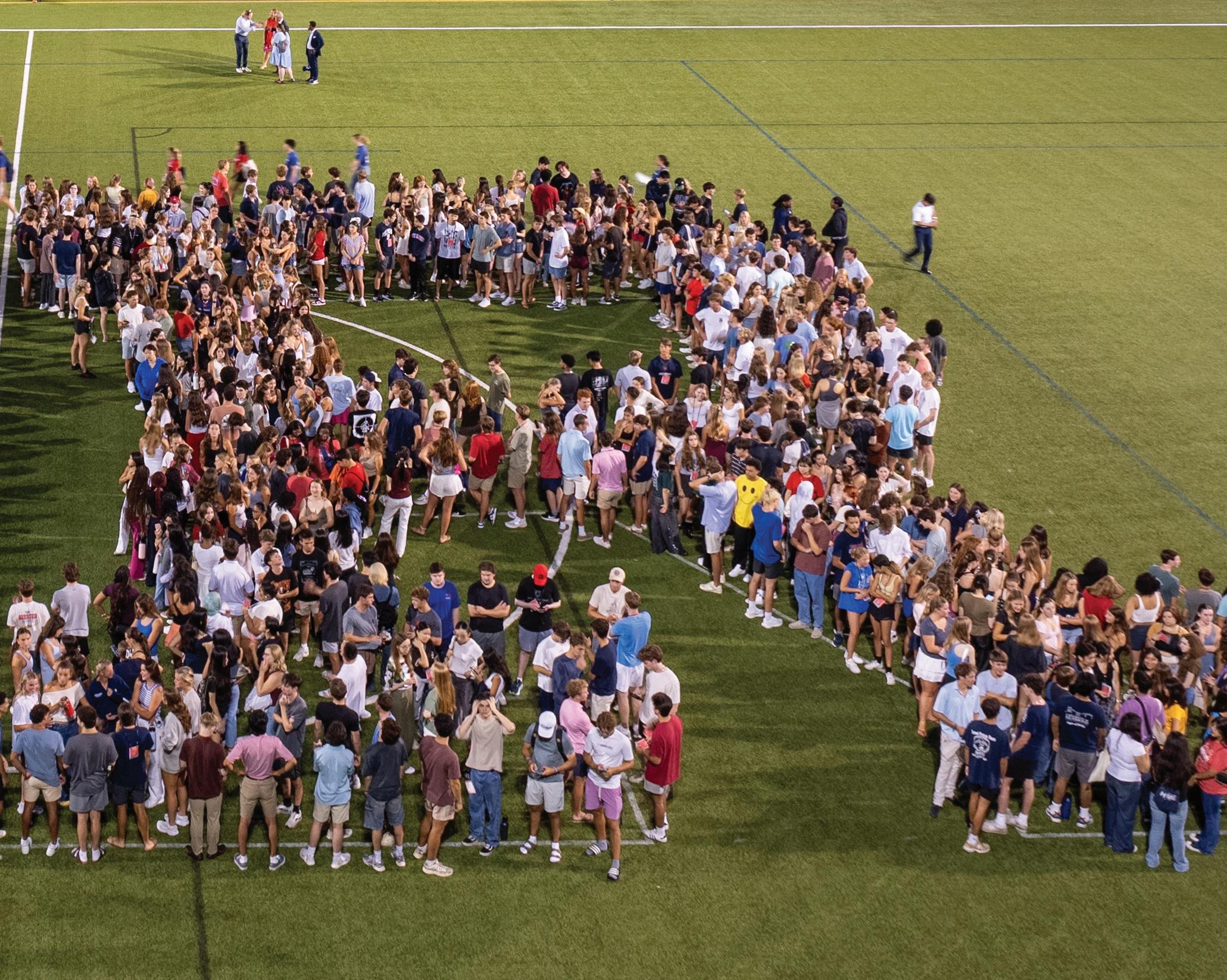
be a good fit. They then execute an outreach plan that builds on messages designed for each step in the college search process, from general introductory messages about the University to messages that provide much more specific information about topics of interest to that student.
“We have built a communication and outreach plan for these students starting in high school — sometimes as early as first or sophomore year,” Falk said. “It takes a while to build a relationship with somebody, particularly when you think about how significant a relationship that a person and a college community will have.”
In addition to the admission officers, Falk credits the success of each enrollment cycle to many others, including members of the office who support the process through data management, application processing, communication, and visit and event logistics.
While the Office of Admission is usually the starting point for a student’s relationship with the University, Falk emphasizes that the entire community — faculty, staff, alumni, parents, and students — plays an important role in shaping that connection. Having conversations with visiting students, providing directions, or even just smiling and holding open a door can leave a lasting, positive impression on students who have options beyond UR.
“My dream is that everybody sees themselves as an extension of the admission office,” she said. “It doesn’t mean that you have to be out there at high schools recruiting or reading applications, but you have an opportunity just in the everyday ebb and flow of your role here to reinforce the things that are distinctive and make the University of Richmond special.”
THE CLASS OF 2029 AT A GLANCE
864 traditional undergrad firstyear students
54 transfer students
656 high schools represented 3.81 average GPA
17 Eagle Scouts, Girl Scout Gold Award recipients
558 varsity letters
346 National Honor Society members
2025 ENROLLMENT UPDATE
The Office of Enrollment Management provides preliminary information — as of Aug. 1 — on the incoming first-year class and transfer students, as well as information on the incoming classes in Richmond Law and the Robins School of Business graduate programs and enrollment in the School of Professional and Continuing Studies. This data is not final or official. Official census reports will be posted on the institutional effectiveness website in October. To view the 2025 enrollment update, visit enrollment. richmond.edu/reports/ index.html.
MEDIA MENTIONS

Psychology professor ARRYN ROBBINS, a cognitive psychologist who studies visual search, was interviewed for “Feeling scatterbrained? 5 ways to focus your attention.”
“When you’re stressed, your attention narrows,” Robbins said. So if something requires your full attention, “take a breath and calm your body down. It really is your body’s response to that stress that’s causing that restriction in attention.”

ANDREA MAKRIYIANIS, associate director of financial aid, was quoted in “Paying for Scholarship Help: Pros and Cons.” Makriyianis tells prospective students to reach out to their college’s financial aid office or a high school counselor, who can help with finding local scholarships. “We’re trying to focus on that accessibility and affordability piece,” she said. “All schools are going to differ in that area, but it’s a good test or indicator for families to be able to see how easy or difficult it might be to reach someone and discuss questions they have.”

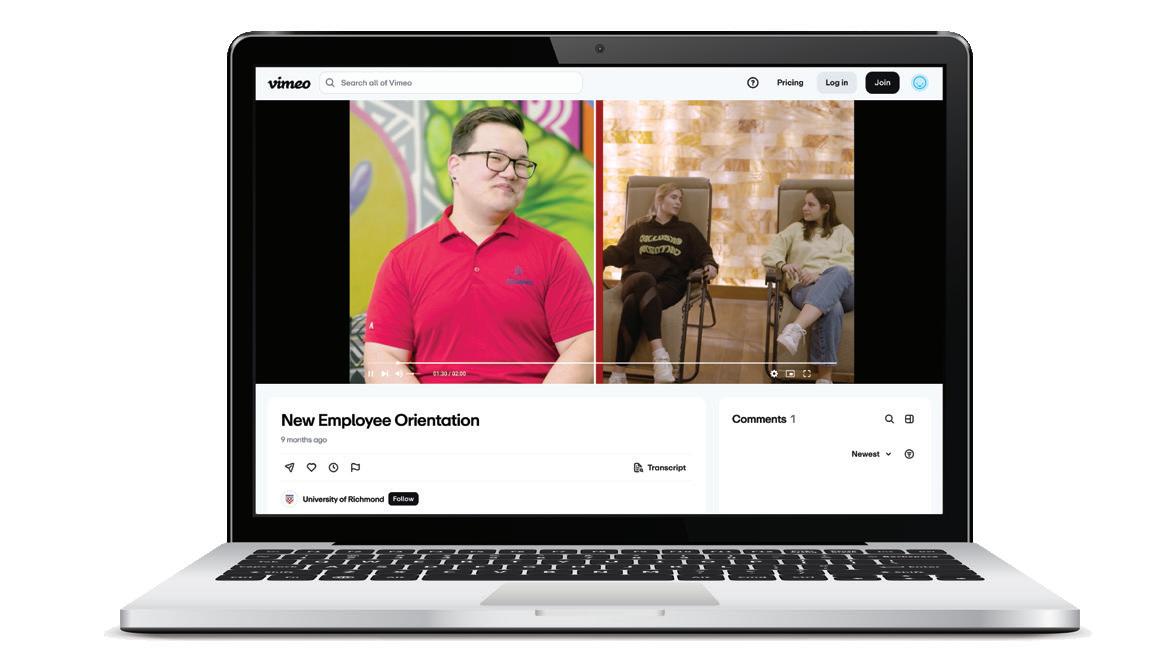
SPIDERS SHINE ON SCREEN: UR WINS TWO 2025 TELLY AWARDS
ELIZABETH SOADY, associate director of professional development for Arts & Sciences, was quoted in the article “How Scrubbing Your Social Media Could Backfire — And Even Hurt Your Job Prospects.” She suggests students set up a LinkedIn account with the email address they’ll use for job hunting well before they start their searches. “Because students have heard for years about the dangers of their digital footprint, many are actually hesitant to use social media profiles for professional purposes,” she said.

Liberal arts professor ERIK NIELSON is quoted in “These New Bills Aim to Prevent Rap Lyrics From Being Used in Court Nationwide.” “There are virtually no examples of any other art form being used this way over the last 75 years,” Nielson said. The use of rap lyrics as evidence in criminal cases is “very clearly a practice that targets this one art form. And it’s not hard to understand why that is, but it definitely leads to miscarriages of justice.”
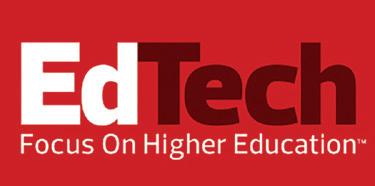
ANDREW BELL, associate director of digital pedagogy and research, is quoted in “Access to Creative Tools Prepares Students for the Future,” discussing how providing Canva to all students at UR helps faculty address risks and benefits of generative AI tools. “Faculty are looking to new types of assessments that can help them understand how effectively the students are thinking,” Bell said. “Digital projects are a good alternative there.”
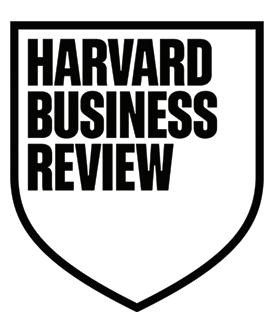
Management professor ALEXANDER HAMRICK co-authored the article “How ‘Leisure Crafting’ Can Help You Recharge.” He was also interviewed about the new research on ABC Radio International. “We’ve studied ‘leisure crafting’ — a proactive approach to structuring free time that emphasizes goal setting, human connection, learning, and personal development,” he said. “Our research has found that this method offers greater benefits for well-being, mental health, overall life satisfaction — and even work performance — compared to passive activities.”
Visit news.richmond.edu to view additional media mentions or connect with University Communications’ Media Relations team, Cynthia Price, Sunni Brown, and Lauren Anesta.
The University of Richmond won two 2025 Telly Awards for videos highlighting staff, faculty, and the student experience. These prestigious national awards recognize excellence in video production across all screens. UR competed and was recognized in categories outside of higher ed, including alongside organizations with big budgets.
Welcome to the Web received a silver award in the branded content – general – workplace culture category. The video, produced last fall, is a collaboration between Human Resources and University Communications that is shared at new-employee orientation. HR colleagues wanted something informative but lighthearted to give new staff and faculty a feel for the culture at Richmond. More than 20 UR employees from different disciplines and departments were asked for their take on being a Spider. The video covers topics like favorite places and perks on campus, advice for new Spiders, and the legend of our unique Spider mascot.
UR also received a bronze award in the branded content – general – fundraising and appeals category for the most recent UR Here giving campaign video, When you give to Richmond, UR Here. In partnership with Advancement colleagues, University Communications created a video highlighting the smaller moments that happen across campus from sunrise to sunset that make up the student experience. The intention is to remind donors of their time on campus and how they can help create that same experience for current students.
“Both videos were true collaborations with campus partners and highlight staff and faculty from across our campus who work hard to make the Richmond experience so special,” said Megan Condict, director of multimedia in University Communications.
Watch both videos and more on the University of Richmond’s YouTube channel at youtube. com/@UniversityofRichmond.
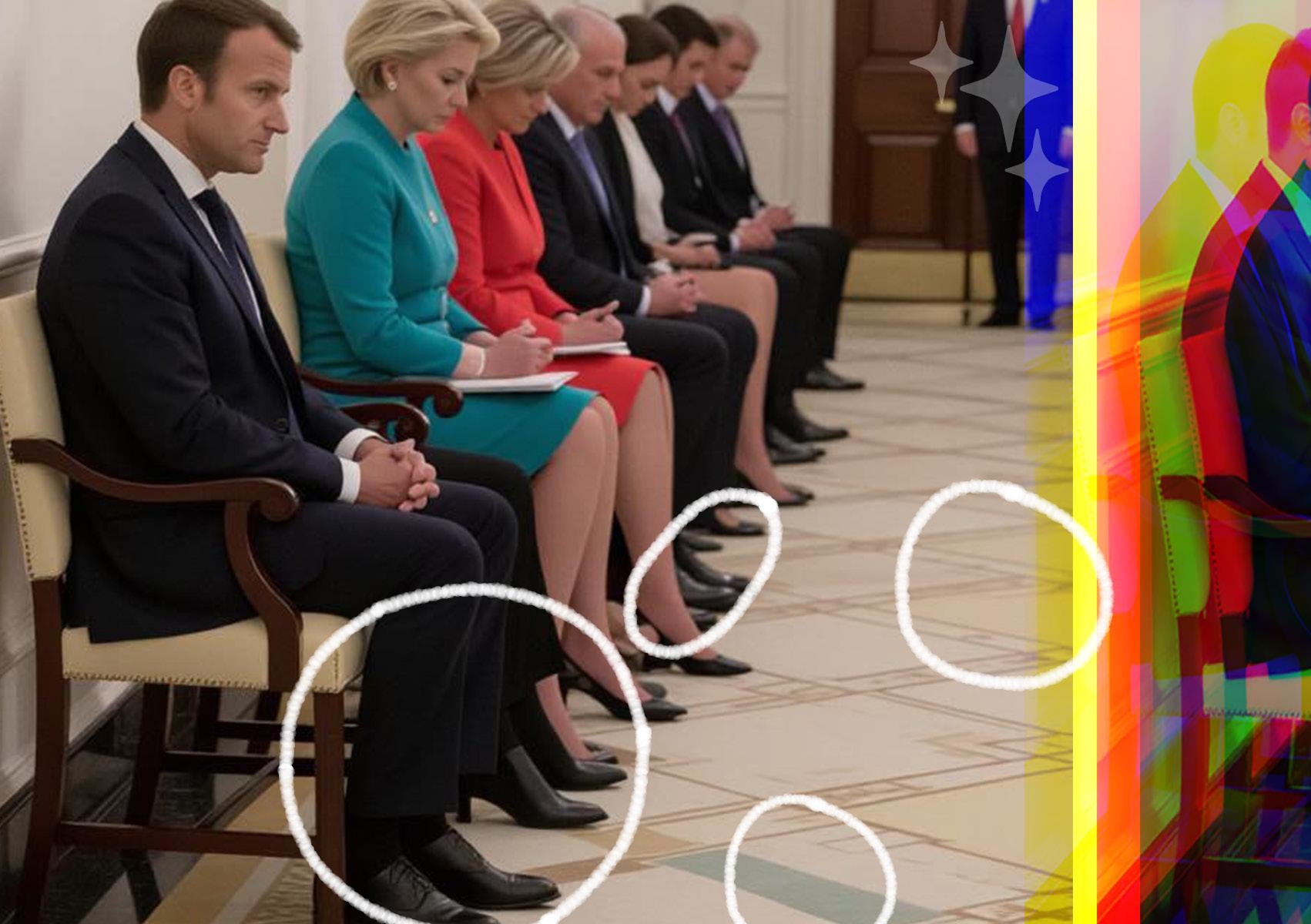
AI-generated images can exploit how your mind works — here’s why they fool you and how to spot them
AI-generated images are becoming harder to spot, especially when scrolling social media platforms. During scrolling, the brain processes visuals quickly, not critically, making it easy to miss details that reveal a fake.
As a cognitive psychologist, my expertise is in how people process and use visual information. I primarily investigate how people look for objects and information visually, from the mundane searches of daily life, such as trying to find a dropped earring, to more critical searches, like those conducted by radiologists or search-andrescue teams.
With my understanding of how people process images and notice — or don’t notice — detail, it’s not surprising to me that people aren’t tuning in to the fact that many images are AI-generated. The struggle to detect AI-generated images mirrors past detection challenges such as spotting photoshopped images or computer-generated images in movies.
But there’s a key difference: Photo editing and CGI require intentional design by artists, while AI images are generated by algorithms trained on datasets, often without human oversight. The lack of oversight can lead to imperfections or inconsistencies that can feel unnatural, such as the unrealistic physics or lack of consistency between frames that characterize what’s sometimes called “AI slop.”
While AI gets better at detecting AI, humans need tools to do the same. Here’s how:
1. Trust your gut. If something feels off, it probably is. Your brain expertly recognizes objects and faces, even under varying conditions. Perhaps you’ve experienced what psychologists call the uncanny valley and felt unease with certain humanoid faces. This experience shows people can detect anomalies, even when they can’t fully explain what’s wrong.
2. Scan for clues. AI struggles with certain elements: hands, text, reflections, lighting inconsistencies and unnatural textures. If an image seems suspicious, take a closer look.
3. Think critically. Sometimes, AI generates photorealistic images with impossible scenarios. If you see a political figure casually surprising baristas or a celebrity eating concrete, ask yourself: Does this make sense? If not, it’s probably fake.
4. Check the source. Is the poster a real person? Reverse image search can help trace a picture’s origin. If the metadata is missing, it might be generated by AI.
Misleading real or generated images can make false claims seem more believable and even cause people to misremember real events. AI-generated images have the power to shape opinions and spread misinformation in ways that are difficult to counter. As technology advances, slow down, look closer, and think critically.
By Arryn Robbins, assistant professor of psychology
AFP Fact Check, part of Agence France-Presse, determined that this image, originally shared on X and claiming to show European leaders outside the Oval Office, was AI-generated. Visual errors such as extra legs and feet and inconsistencies in the carpet pattern and color are signs of AI’s limitations.
AROUND THE LAKE

JOIN THE CONVERSATION
This article has been updated and adapted for length with permission from the author. A complete list of The Conversation articles, including this one in its entirety, is available at news.richmond. edu/placements/ conversation.html.
Faculty interested in writing for The Conversation can contact Sunni Brown, senior director for media relations and strategic communications, at sbrown5@richmond. edu, or Lauren Anesta, media relations manager, at lauren. anesta@richmond. edu.
Reprints of The Conversation articles appear frequently in Spider Insider, University of Richmond Magazine, and UR Now (urnow. richmond.edu).
Additional entrances on the first floor and ground level provide easier access to the library.
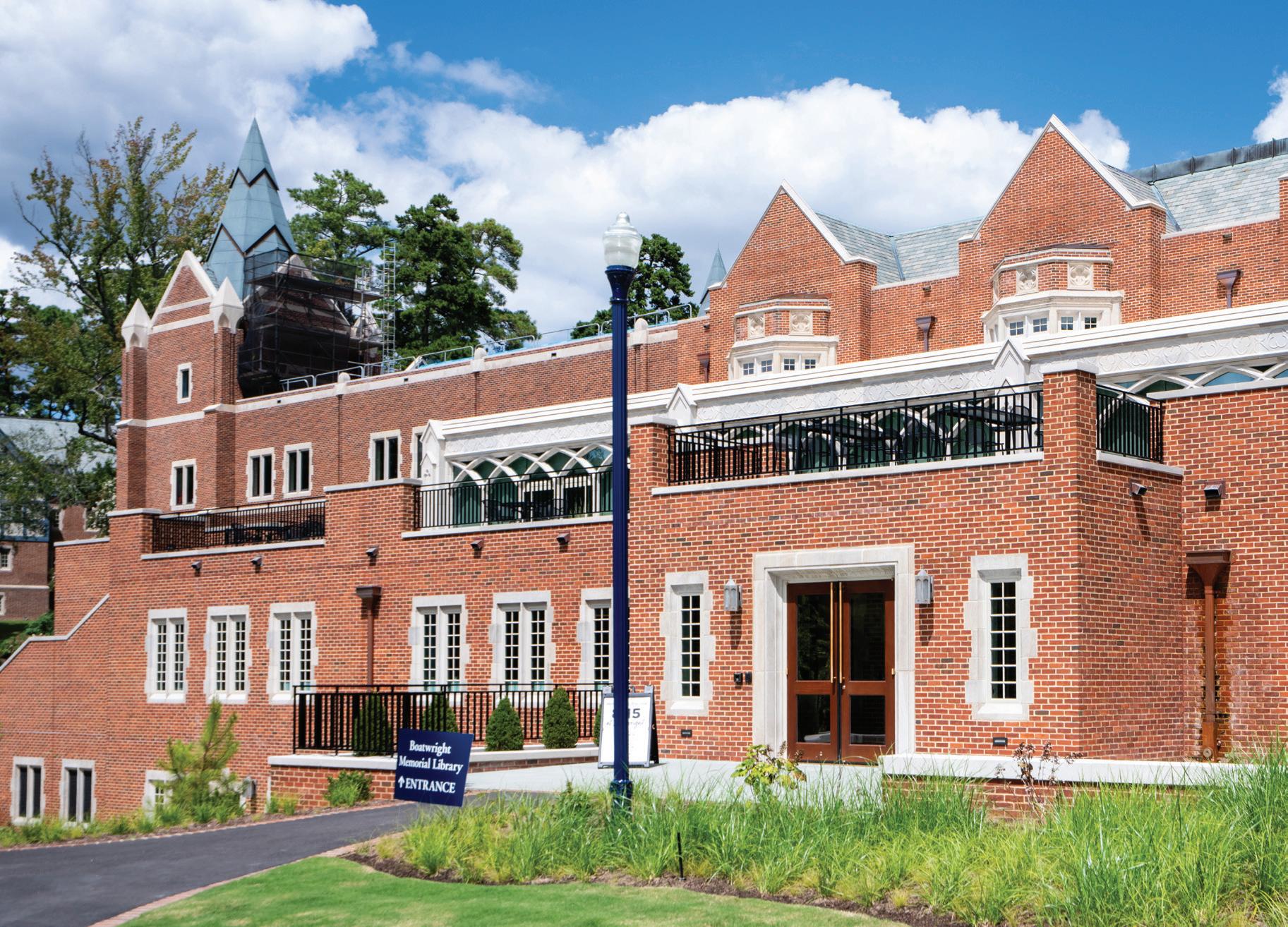
Boatwright Memorial Library Turns a New Page
Boatwright Memorial Library reopened in August, just in time for the start of the fall semester, following more than two years of renovations. The library features more than 24,000 square feet of renovated indoor space — including 2,400 square feet of new space — designed to enhance student learning and exploration.
The renovated Lora Robins Gallery is now accessible from the ground level of the library and features new museum cases; an expanded fluorescent minerals room with an ultraviolet light display to showcase the collection; new classroom space; and a new historic coin display.
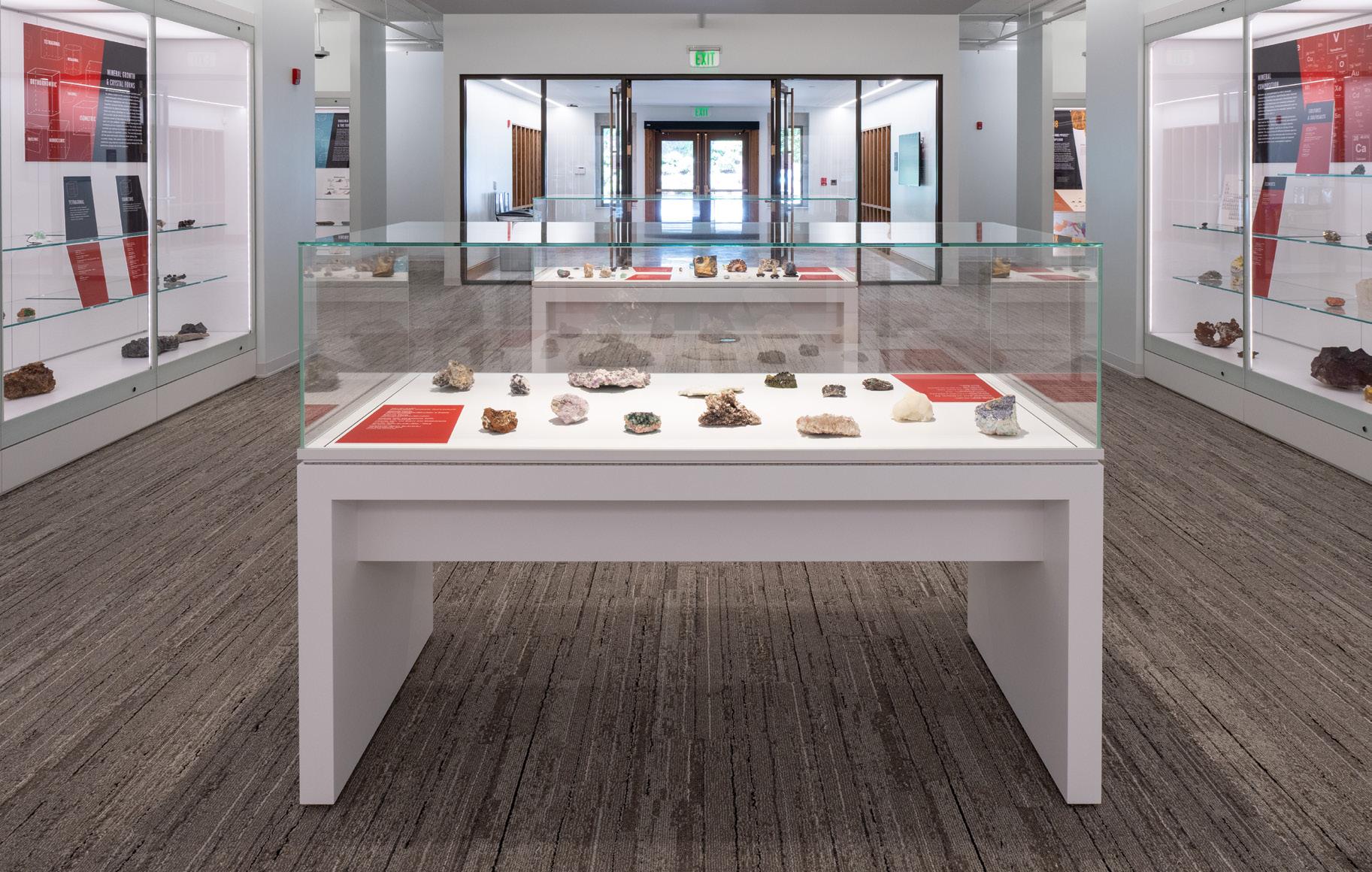
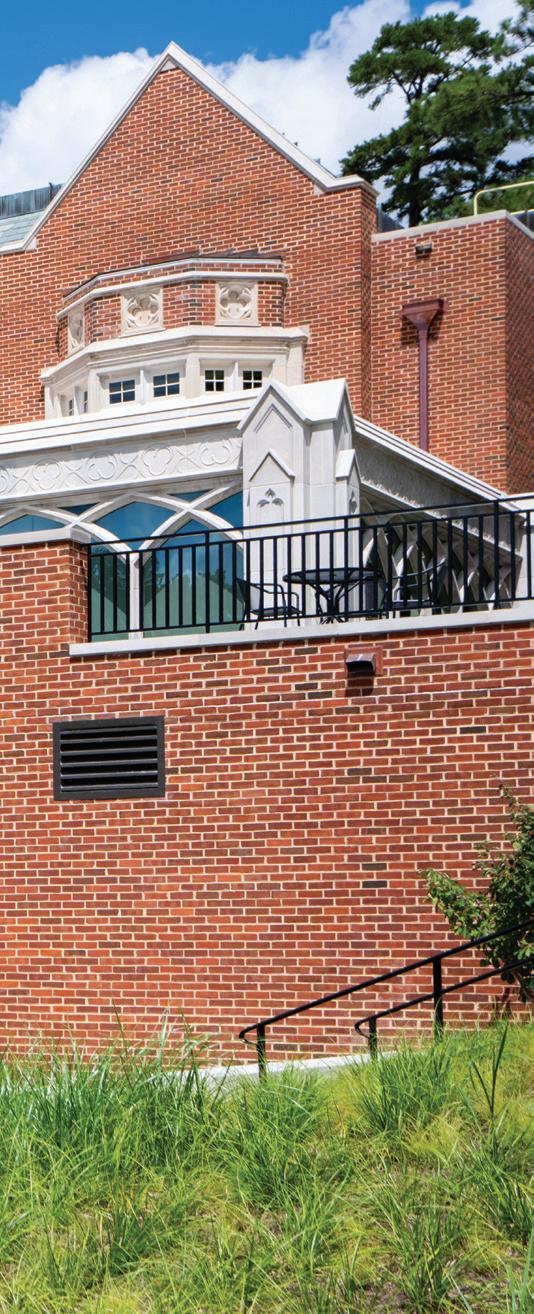
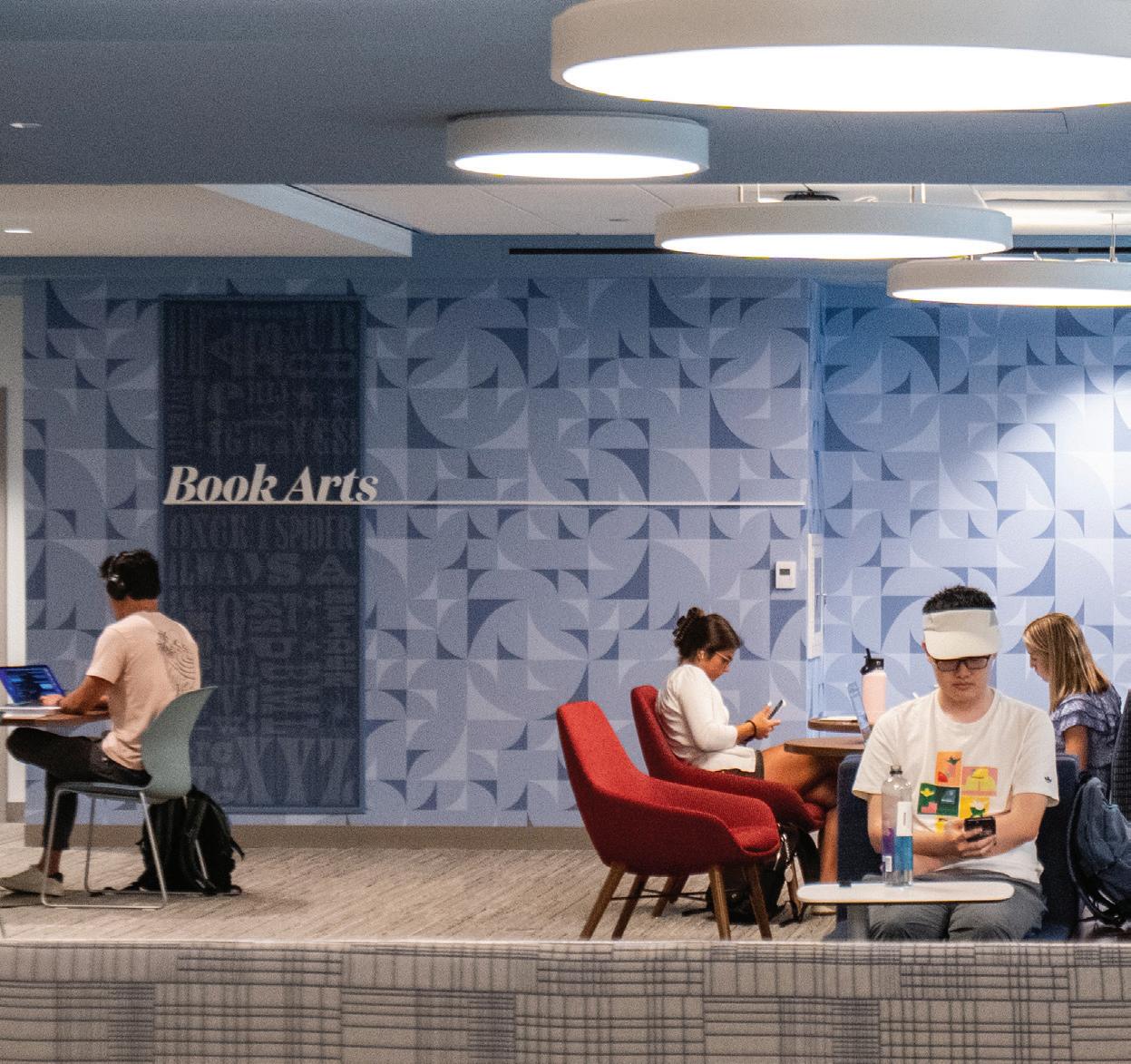
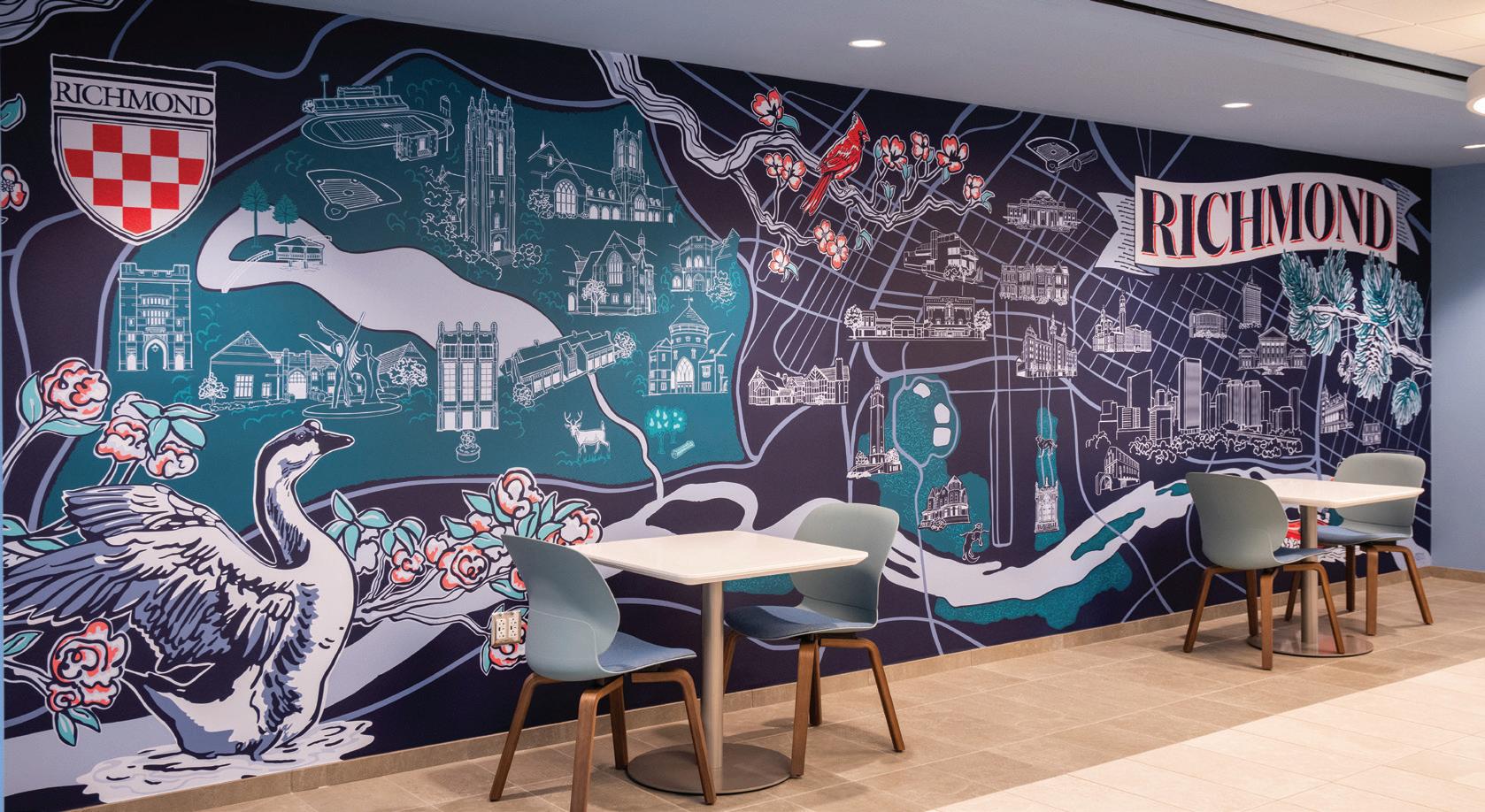

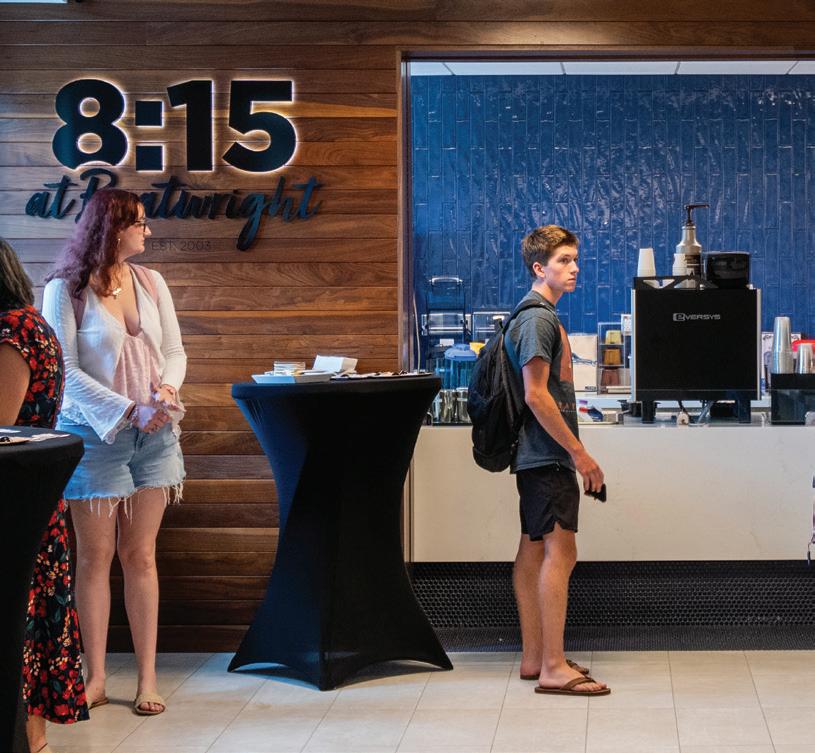
A variety of seating options with modern sofas and chairs provide comfortable space with easy access to resources for students to gather and study.
AROUND THE LAKE
A 26-by-8-foot original mural adorns the wall on the lower level of the atrium. The map highlights Richmond city landmarks with a particular emphasis on campus architecture, flora, and fauna. Can you spot the spider?
(left) A staircase leads to the second floor of the two-story atrium, where the campus community can access the 2,500-square-foot outdoor terrace.
(right)The new 8:15 at Boatwright café — more than four times larger than the original location — features a Zen garden and an expanded menu.

IN
THE CLASSROOM
Bunk can be used in a variety of ways in the classroom:
• Follow the development of historical discourse around an unfolding event
• Find materials to jump-start a class discussion
• Curate readings that highlight themes through time
• Examine the contemporary resonance of a past event
The Bunk team is available to answer questions about creating assignments or course materials using the platform.
Contact Kathryn Ostrofsky, digital archive coordinator, to learn more.
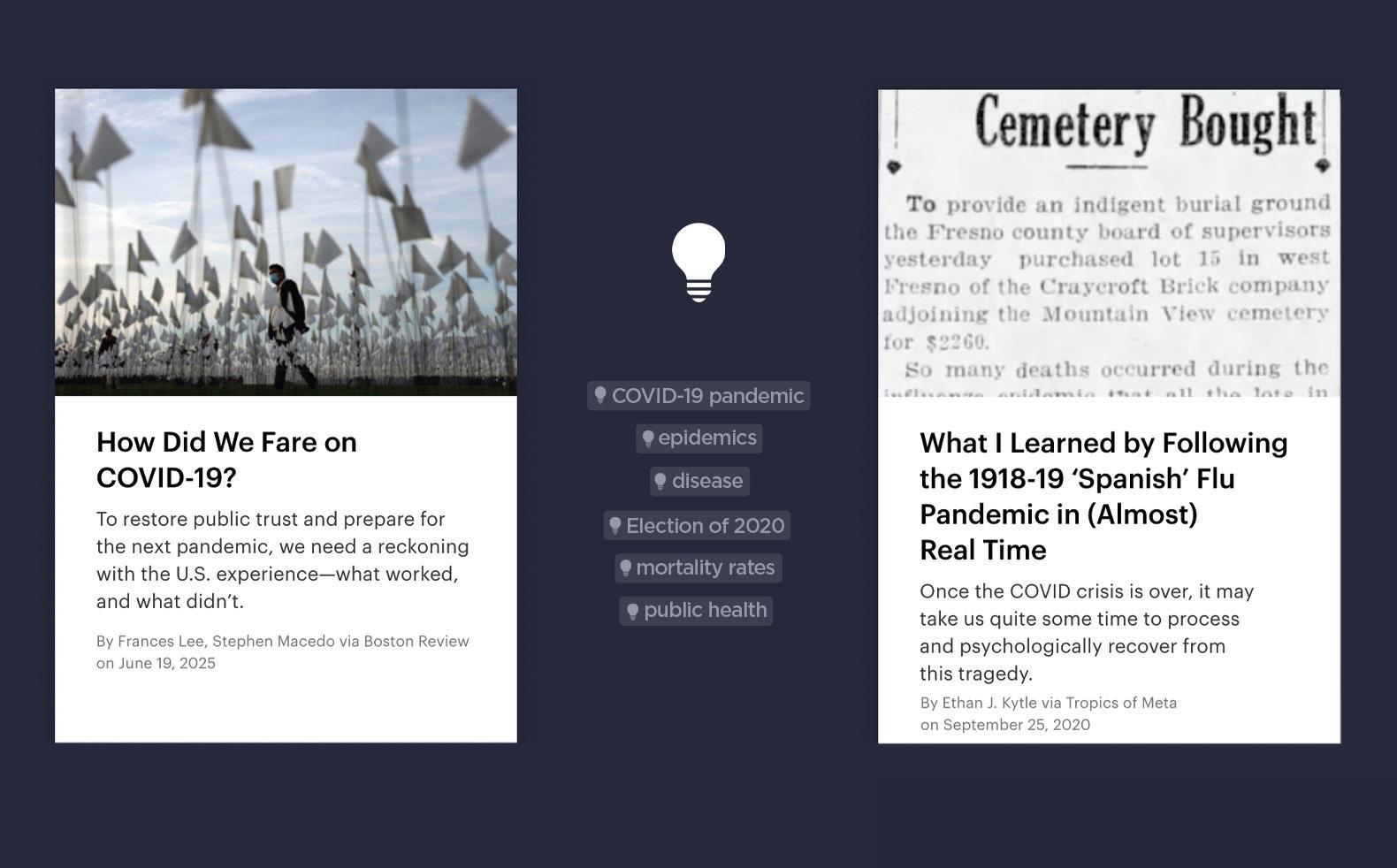
Unlocking Digital Discovery
UR’s digital humanities platform, Bunk, teaches critical thinking across the curriculum
Founded by historian and President Emeritus Edward Ayers in 2016, the digital humanities project Bunk strives to make history accessible.
It’s best known as a history project, curating popular writing on wide-ranging topics and connecting them across time, space, and theme.
Bunk also holds untapped potential for teaching far beyond the history classroom.
With more than 13,000 pieces of digital media available, it’s a powerful discoverability tool, ideal for faculty facilitating early stages of student research in any discipline.
“Bunk is designed to be a vetted sandbox for quality writing,” said Tony Field, editor of Bunk.
If a student has an idea, they can search within Bunk and find a range of accessible writing and other digital media on that theme, all from trustworthy sources. Bunk staff uses a tagging system that enables users to search for highly abstract ideas in addition to specific events, places, or people. “Students will start to understand what the relevant and interesting questions are about the topics they’re interested in, which will help focus their research,” Field said.
engine, but “history is the intellectual work of humans. Bunk makes the author visible and provides interpretations of history that build on one another. It reinforces the idea that there is no one answer to a research question; there are many answers.”
“Bunk is designed to be a vetted sandbox for quality writing.”
Bunk’s Collection Builder tool can help faculty quickly select readings for their courses, particularly around real-time events. “If something happens in the news and you want to discuss it in class, you may not have time to do all the academic work to situate it in a deeper historical context,” said Kathryn Ostrofsky, digital archive coordinator. “Bunk cuts out all the noise and provides short, accessible writing for you.”
An assignment tool also allows faculty to ask students to find and think about a group of articles. The beauty of Bunk is that every student will find a new and different pathway within a theme.
Field and Ostrofsky see the potential for Bunk to be used across the humanities, but also in courses for sciences, business, and law.
Bunk also provides an opportunity to improve media literacy skills. Field noted that students are increasingly using generative AI as a search
“Anything can be historicized,” Field said. “Bunk is a project that promotes historical thinking, and we want to encourage students to think historically about any topic.”
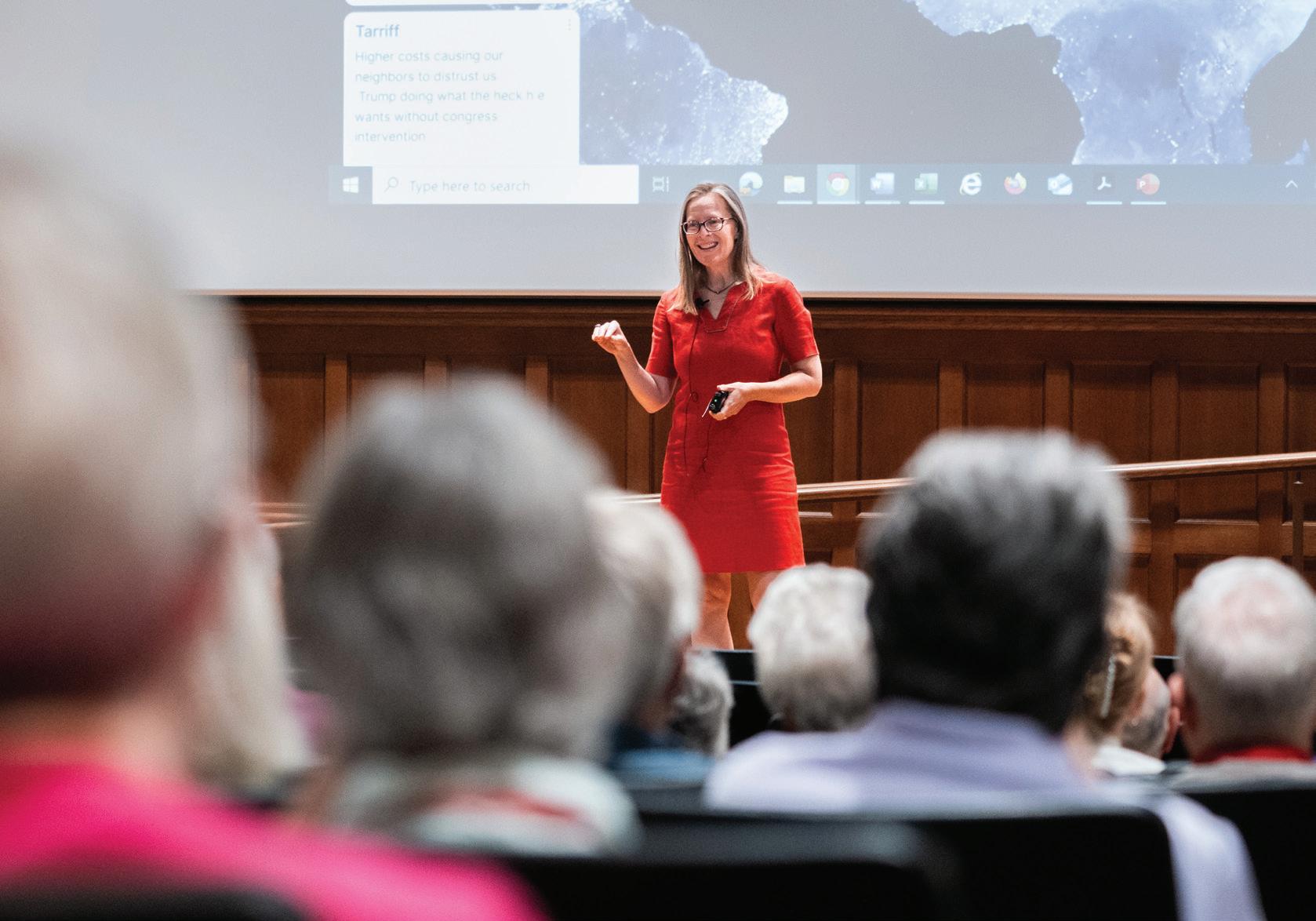
Lifelong Learners, Passionate Teachers
Osher instructors reflect on the joy of teaching curious minds — and designing courses just for the fun of it
When business professor Maia Linask attended an Osher Lifelong Learning Institute event in 2012, she didn’t expect to become an instructor in the program. But after a conversation with the director, she agreed to teach a course on tariffs — one of her areas of expertise.
“The whole Osher program seemed valuable, and it was a nice way to share some of my knowledge with more people,” Linask said.
For Lynda Kachurek, head of Book Arts, Archives, and Rare Books at Boatwright Memorial Library, teaching Osher courses affords creative freedom. She’s led courses on archives and special collections but especially enjoys crafting topic-driven sessions.
Membership has grown from about 600 in the early years to about 1,500 members today.
The Osher Lifelong Learning Institute recently celebrated its 20th anniversary at the University of Richmond and continues to attract instructors like Linask — and enthusiastic learners, too. While open to all, the program is geared toward adults 50 and older. Membership has grown from about 600 in the early years to about 1,500 members today. In 2024, Osher offered 375 classes.
Instructors often come to Osher through recommendations. That was the case for political science professor Stephen Long, who had spoken to a handful of Rotary clubs and community groups. A few attendees suggested he teach an Osher class.
This summer, he taught Global Security Threats. “My subject is constantly changing, often at a very rapid pace,” Long said. “That’s part of what I love about teaching international politics. Of course, it also means that I need to constantly update my examples, think about how existing theories apply to new events, and reconsider what trends deserve the most attention in class.”
“With Osher, I get to have fun,” she said. “I design classes around what fascinates me.” Her fall course Savoring the Past: Cookbooks as Cultural Artifacts draws on the library’s culinary collection, including a 1708 Spanish cookbook and a vintage Barbie cookbook. “It’s a wild, trippy experience,” said Kachurek, whose mother also authored a cookbook.
While all three instructors enjoy teaching undergraduates, Osher offers something different.
“Osher students have retained their love of learning but can put new ideas in context from their experiences and their longer sense of history,” Long said. “That makes them different from the undergraduates in interesting ways.”
Linask echoes this sentiment, highlighting the unique rewards for instructors.
“Teaching Osher is all the best parts of teaching — sharing ideas, great conversation, no grading,” she said. “The whole program is fabulous.”
Maia Linask, associate professor of economics, teaches a course on tariffs to Osher Lifelong Learning Institute participants.
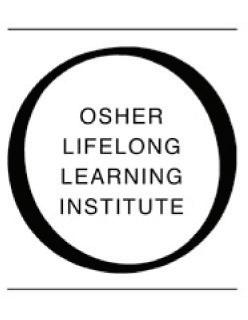
LEARN MORE
For more information on the Osher Lifelong Learning Institute, including membership and course registration details, visit spcs. richmond.edu/lifelong-learning/osher.
LIVING LAB
This past spring, students in biology professor Priscilla Erickson’s Integrated Biological Principles II course learned how to survey aquatic ecosystems in the James River rock pools near Belle Isle in Richmond. Erickson (third from left) demonstrated the nine-sweep survey method, which involves netting nine times in different areas of a rock pool to collect aquatic invertebrates. Animal care specialist Jamie Wagner (front right) assisted. Students from the University of Richmond and Virginia Commonwealth University have used this method for years to monitor the roughly 800 rock pools at Belle Isle, gathering long-term data on how organism diversity varies across pools and throughout the year.
“Working in the James River Park System allows students to learn firsthand how biologists collect data and participate in authentic research experiences,” Erickson said. “They can apply the concepts they are learning in class to the environment in their own backyard.”
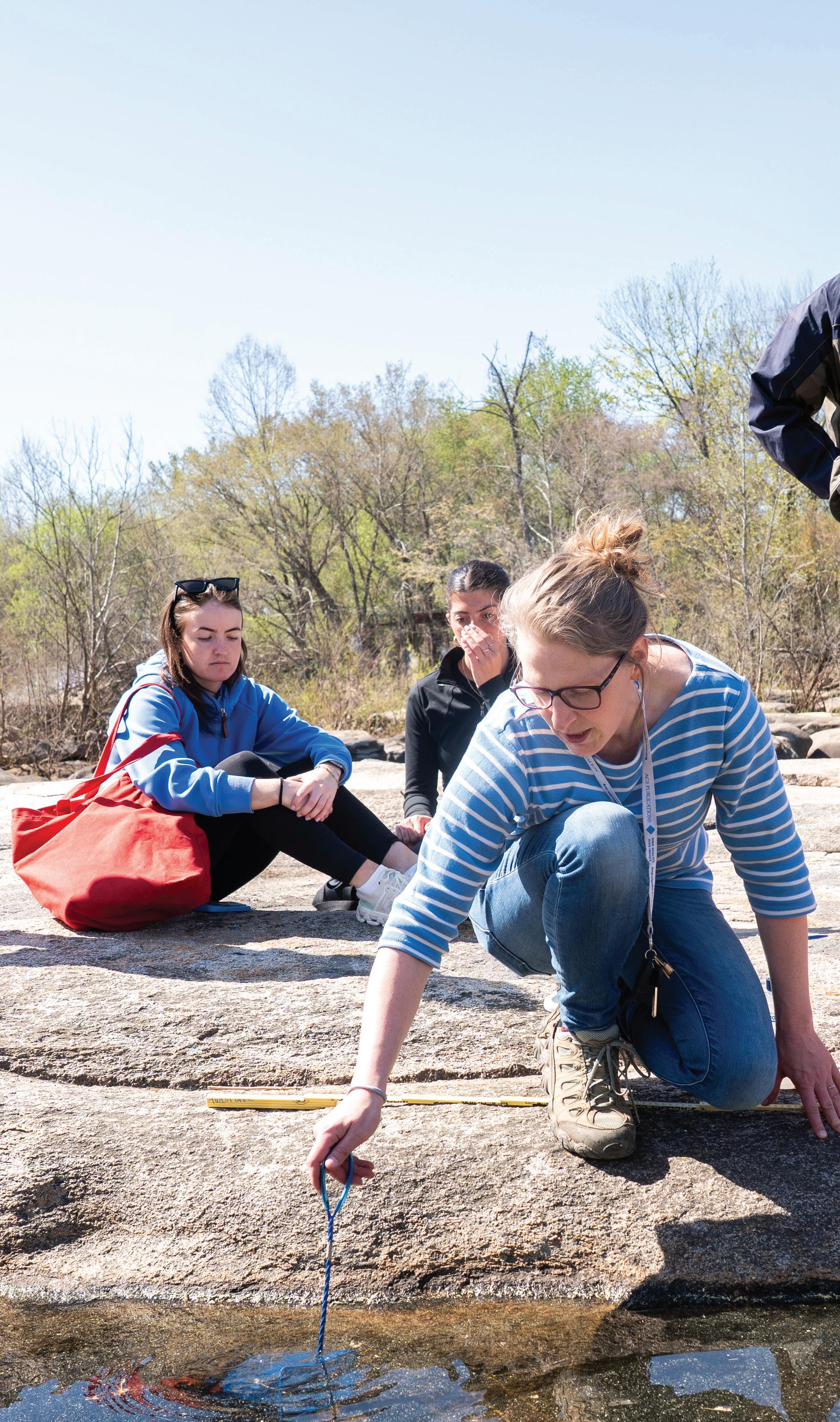
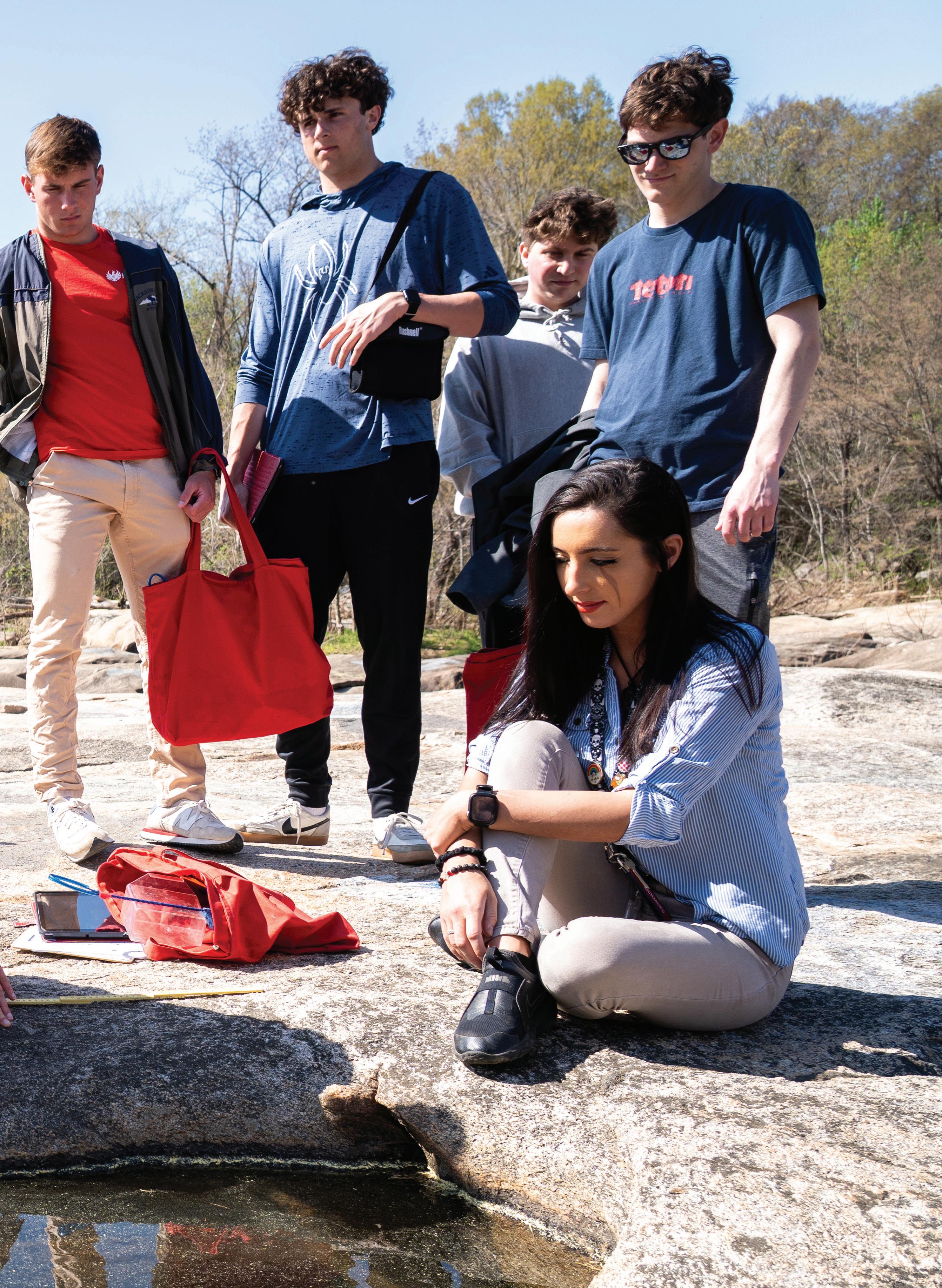
See more accomplishments and submit your own grant, publication, or honor at richmond.edu/ faculty-staff.
OUR ACCOMPLISHMENTS
ROB ANDREJEWSKI, director of sustainability, was named a recipient of the Association for the Advancement of Sustainability in Higher Education’s inaugural Fellows Award. The award recognizes mid-career individuals who significantly contribute to the advancement of sustainability in higher education.

LAUREN ANESTA, media relations manager, and Sunni Brown, senior director, media relations and strategic communications, presented “Pitch Perfect: Unlocking National Media Success with Data-Driven Insights” at the Public Relations Society of America’s Counselors to Higher Education Senior Summit in Washington, D.C.
TIMOTHY BARNEY, professor of rhetoric and communication studies, received a $2,800 2025 Mednick Faculty Fellowship Award from the Virginia Foundation for Independent Colleges for the project “Mapping the Ford Foundation,” a digital humanities initiative co-led with Nicole Sackley, associate professor of history and American studies.
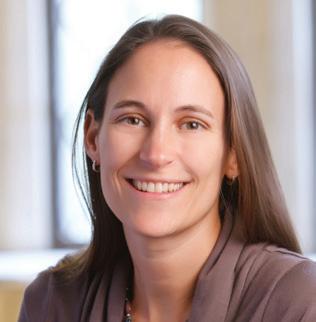
ELIZABETH BAUGHAN, associate professor of classics and archaeology; Lauren Henley, assistant professor of leadership studies; Beth Zizzamia, Spatial Analysis Lab geographic information systems operations manager; and students presented “Students Collaborating With Community in Richmond’s Black Cemeteries” at the IMPACT National Conference at Virginia Commonwealth University.
KRISTIN BEZIO, professor of leadership studies and Jepson School associate dean of academic affairs, published the chapters “A Case Study in Empire: The East India Company” and “Making the Invisible Important: Invisible Leadership and the Case of the Babington Plot” in Case Studies in Political Leadership (Edward Elgar Publishing).
COURTNEY BLONDINO, assistant professor of health studies, and students published “Latent Structure of Past 12-Month Tobacco Use in Wave 6 of the Population Assessment of Tobacco and Health: Examining for Differential Substructure by Generational Status” in Substance Use and Misuse
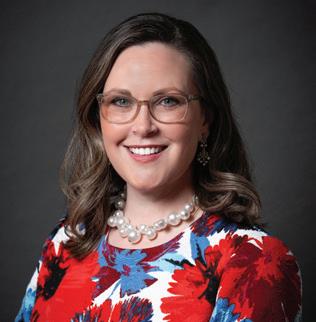
SUNNI BROWN, senior director, media relations and strategic communications, and Lauren Anesta, media relations manager, presented “Pitch Perfect: Unlocking National Media Success with Data-Driven Insights” at the Public Relations Society of America’s Counselors to Higher Education Senior Summit in Washington, D.C.
VLADIMIR CHLOUBA, assistant professor of leadership studies, published “The Precolonial Origins of African Nationalism” in Comparative Political Studies
RYAN CONWAY, adjunct instructor of education, was named a rising star by Richmond Magazine Conway also received an R.E.B. Award for Teaching Excellence from the Community Foundation for a Greater Richmond and the R.E.B. Foundation to study teaching and learning in Asia.
OLIVIER DELERS, professor of French, was named an Associated Colleges of the South Mellon Academic Leadership Fellow for 2025–27.
MARIAMA REBELLO DE SOUSA DIAS, associate professor of physics, co-published “Anisotropic Optical Response of Gold-Silver Alloys” in Physica Status Solidi (RRL) - Rapid Research Letters
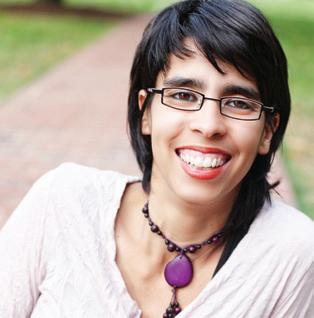
ALICIA DÍAZ, associate professor of dance, co-authored “Excavando juntas en el paraíso” in Categoría Cinco
SAM DIRECTOR, assistant professor of leadership studies, published “Does Black Box AI in Medicine Compromise Informed Consent?” in Philosophy and Technology
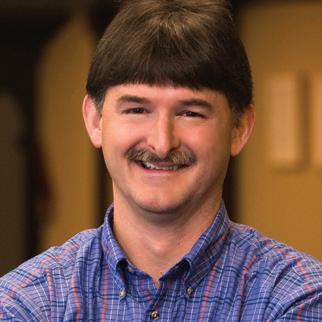
RAYMOND DOMINEY, associate professor of chemistry; Emma Goldman, associate professor of chemistry; and students published “Exploration of Pynaphthyridine and Binaphthyridine Manganese(I) Tricarbonyl Complexes: Influence on Carbon Dioxide Reduction Electrocatalysis” in Organometallics
MEGAN DRISCOLL, assistant professor of art history, published “Being Seen: An Art History of the Blackness of Technology” in The Routledge Companion to African Diaspora Art History (Routledge).
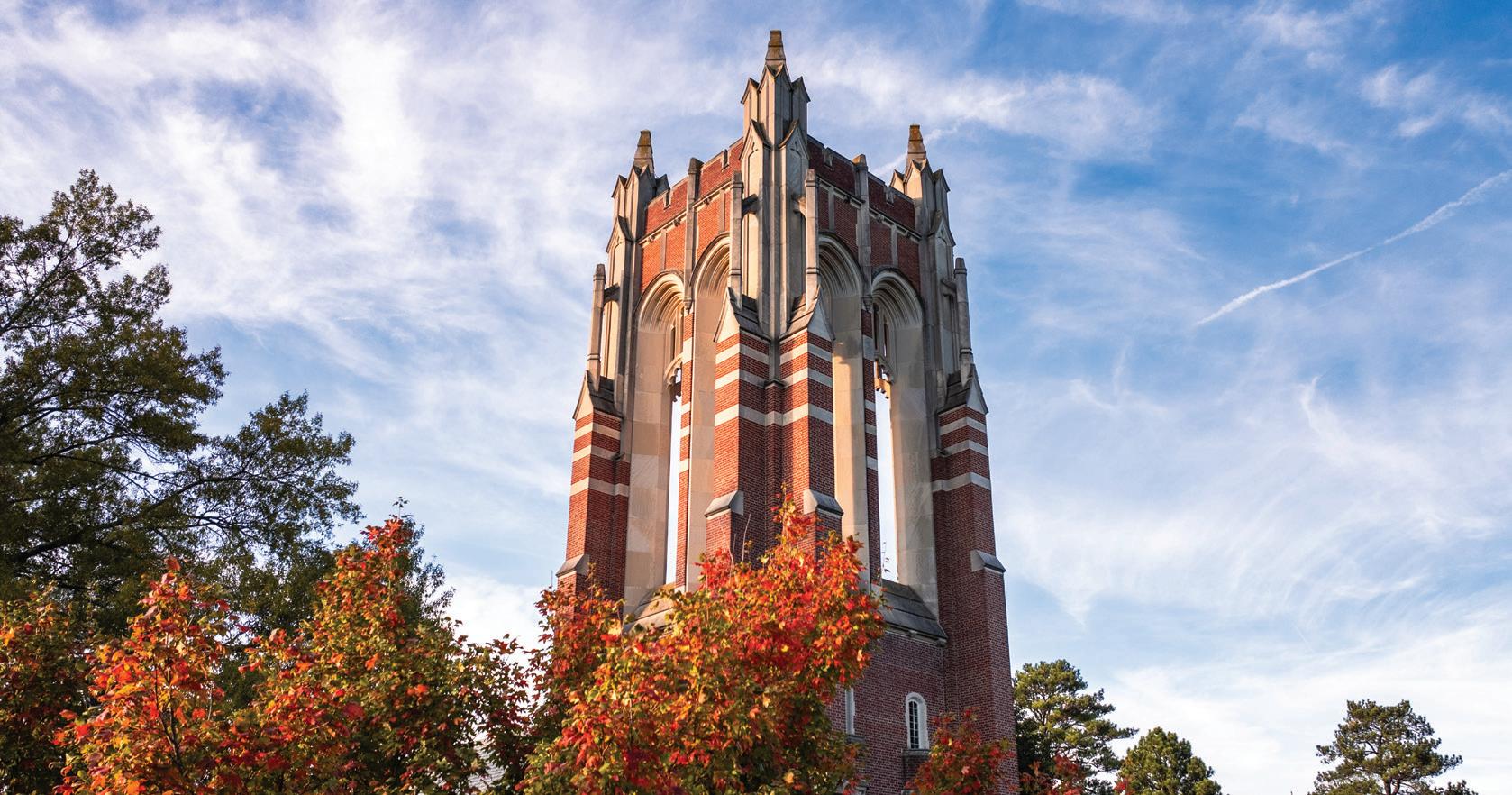
Distinguished Educator, Scholarship, and Faculty Service Awards
Congratulations to the award recipients, who were honored at Colloquy in August.
Distinguished Scholarship Awards
In recognition of a consistent record of outstanding contributions in scholarship as documented through published research, scholarship, or creative expression
SANDRA JOIREMAN
Weinstein Chair of International Studies, Professor of Political Science
CAROL PARISH
Floyd D. and Elisabeth S. Gottwald Professor of Chemistry
JENNY PRIBBLE
Professor of Political Science and Global Studies
ALLISON TAIT
Professor of Law
CHRISTOPHER VON RUEDEN
Professor of Leadership Studies
Distinguished Faculty Service Awards
In recognition of outstanding contributions in service to the University
JENNIFER CABLE
Professor of Music
MICHELLE HAMM
Professor of Chemistry
TOM SHIELDS
Associate Professor of Education and Leadership Studies
Distinguished Educator Awards
In recognition of outstanding contributions to excellence in education
NANCY BAGRANOFF
Professor of Accounting
JEFFREY CARLSON
Associate Professor of Marketing
ERIN COLLINS
Professor of Law
MONTI DATTA
Associate Professor of Political Science
MILES JOHNSON
Associate Professor of Chemistry
MATTHEW OWARE
Irving May Professor of Human Relations, Professor of Sociology
DAVID WILKINS
E. Claiborne Robins Distinguished Professor in Leadership Studies
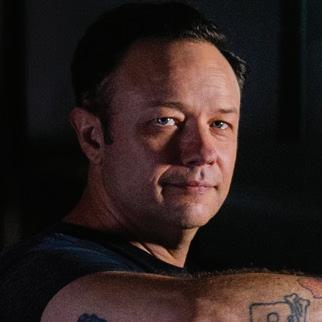
JEREMY DRUMMOND, associate professor of art, won the Special Jury Award for Creative Achievement for his film Monument at the 33rd annual Arizona International Film Festival. The film was selected to be featured at several other film festivals, including the Bethesda Film Fest, the Albany Film Festival, the New Jersey International Film Festival, the Spatiotemporal Symposium: Experimental Film & Architecture, the Denver Underground Film Festival, the Alternating Currents Film Festival, the Philadelphia Independent Film Festival, and the 25th annual Moviate Underground Film Festival. Drummond will also present his film at the Revelation Perth International Film Festival in Western Australia, MicroActs Intimate Histories in the United Kingdom, the Umbria Underground Film Festival, the St. Moritz Art Film Festival, the TerraLenta International Environmental Documentary Film Festival, and the Richmond International Film Festival. It was an official selection at the 28th Brooklyn Film Festival. The film has been acquired for distribution by The Film-Makers’ Cooperative and by Video Pool Media Arts Center for international distribution.
PRISCILLA ERICKSON, assistant professor of biology, and a student published “Strength of Enemy Release From Parasitoids Is Context Dependent in the Invasive African Fig Fly, Zaprionus indianus” in Ecology and Evolution
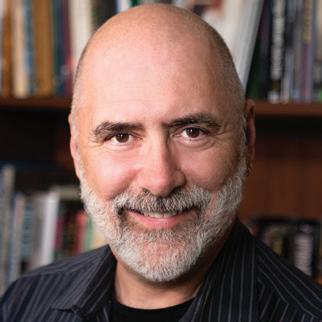
JOE ESSID, adjunct assistant professor of liberal arts, and Cort Schneider, director of disability services, presented “Practicing Computer Love with Neurodiverse Writers” at the annual convention of the Conference on College Composition and Communication in Baltimore.
GENGSONG GAO, associate professor of Chinese studies, published “The long-term impact of the great Chinese famine experiences on trust in the current Chinese government” in the Journal of Chinese Economic and Business Studies
GUZEL GARIFULLINA, assistant professor of leadership studies, received the 2025 Frank Cass Prize for best article published in Democratization for “Ambition without Democracy: When the Cautious Seek Office.”

EMMA GOLDMAN, associate professor of chemistry; Raymond Dominey, associate professor of chemistry; and students published “Exploration of Pynaphthyridine and Binaphthyridine Manganese(I) Tricarbonyl Complexes: Influence on Carbon Dioxide Reduction Electrocatalysis” in Organometallics
RHIANNON GRAYBILL, Marcus M. and Carole M. Weinstein & Gilbert M. and Fannie S. Rosenthal Chair of Jewish Studies, was named founding co-editor for the new book series Sexing Scripture (T&T Clark/Bloomsbury Publishing).
MIMI HANAOKA, associate professor of religious studies in Islam, has been named an Associated Colleges of the South Mellon Academic Leadership Fellow for 2025–27.
LAUREN HENLEY, assistant professor of leadership studies, published “Review of ‘Murder in a Mill Town: Sex, Faith, and the Crime That Captivated a Nation’ by Bruce Dorsey” in the Journal of American History. Henley; Elizabeth Baughan, associate professor of classics and archaeology; Beth Zizzamia, Spatial Analysis Lab geographic information systems operations manager; and students presented “Students Collaborating with Community in Richmond’s Black Cemeteries” at the IMPACT National Conference at Virginia Commonwealth University.
BRIAN HENRY, Jabez A. Bostwick Chair of English, was named to the shortlist for the 2025 Griffin Poetry Prize. He was selected for his translated and edited edition of Tomaž Šalamun’s Kiss the Eyes of Peace, Selected Poems 1964-2014 (Milkweed Editions).
GEORGE HILLER, adjunct professor of liberal arts, was named International Trade Educator of the Year by NASBITE, an organization focused on global business education, trade credentialing, training, and practice, at its annual conference.
DANIEL HOCUTT, SPCS web manager and adjunct professor of liberal arts, presented “Shifting Rhetorical Agency in Complex Information Deployment with AI” at the annualSymposium on Communicating Complex Information at Metropolitan State University in St. Paul, Minnesota; “Examining the ‘Truth’ of GenAI: Digital Life Interventions” on the panel “Cutting through the Noise: Data-Driven Research on Generative AI and the Teaching of Writing” at the annual convention of the Conference on College Composition and Communication in Baltimore; and “Writing Futures: Authoring with AI in Digital Ad Platforms” at the Computers & Writing 2025 conference at the University of Georgia.
PIPPA HOLLOWAY, Cornerstones Chair in History, received the A. Elizabeth Taylor Prize from the Southern Association of Women Historians for “Virginia Penny’s ‘State of Desperation’: Anger, Insanity, and Struggle for Justice in Nineteenth-Century Kentucky,” published in Ohio Valley History
CRYSTAL HOYT, Colonel Leo K. and Gaylee Thorsness Endowed Chair in Ethical Leadership, co-published “Gender identity awareness as a shadow pillar of the gender hierarchy: How it can undermine women in leadership” in Sex Roles: A Journal of Research
KENDALL HUNT, adjunct instructor of education, received the 2025 Literacy Teacher of the Year Award from James Madison University’s College of Education at the JMU Literacy Leader Awards.
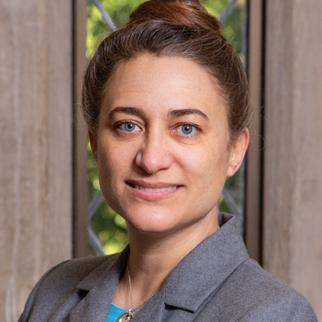
KATHRYN JACOBSEN
William E. Cooper Distinguished University Chair and professor of health studies, was promoted to Global Burden of Disease (GBD) Principal Collaborator at the Institute for Health Metrics and Evaluation. Jacobsen published “Global, regional, and national age-sex-specific burden of diarrhoeal diseases, their risk factors, and aetiologies, 1990–2021, for 204 countries and territories: a systematic analysis for the Global Burden of Disease Study 2021” in The Lancet Infectious Diseases
NIGEL JAMES, assistant professor of health studies, presented “The Impact of Old-Age Noncontributory Pension Programs on Depression in Low- and Middle-Income Countries: The Case of Rural Mexico” and “Conflict, Climate, and Child Health: Evidence from Sub-Saharan Africa” at the Population Association of America annual meeting in Washington, D.C. James presented “Does Health Insurance Coverage Reduce Childhood Morbidity? Evidence from Zimbabwe” at the Consortium of Universities for Global Health Annual Conference in Atlanta.
YUCONG JIANG, assistant professor of computer science, and Chris Miller, visiting assistant professor of political science, published “Congressional rhetoric on Twitter and the crisis of democracy” in Communication and Democracy

MICHELLE KAHN, associate professor of history, was awarded a $26,000 National Humanities Center Fellowship and a $5,000 fellowship from the American Jewish Archives for 2025–26 to support her book tentatively titled Neo-Nazis in Germany and the United States: An Entangled History of Hate, 1945–2000
PETER KAUFMAN, George Matthews & Virginia Brinkley Modlin Chair in Leadership Studies, published Arendt’s Disappointments and Our New Beginnings: Citizenship and Democracy Reimagined (Edinburgh University Press).
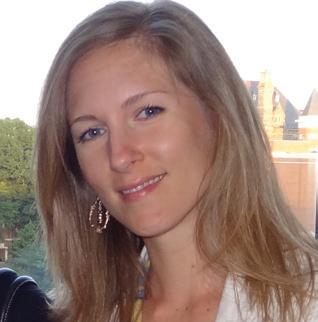
ELIZABETH KISSLING, associate professor of Spanish and applied linguistics, presented “Contributions of declarative and procedural memory to early L2 phonological development” at the 15th International Symposium on Bilingualism and “Teaching grammatical concepts in real life: Fulfilling the promise of concept-based language instruction” at the American Association for Applied Linguistics annual conference.
LAURA KNOUSE, professor of psychology; Shweta Ware, assistant professor of computer science; and students published “ADHDSymTracker: Predicting ADHD Symptoms using Apple HealthKit Data” in Smart Health
Spider Insider
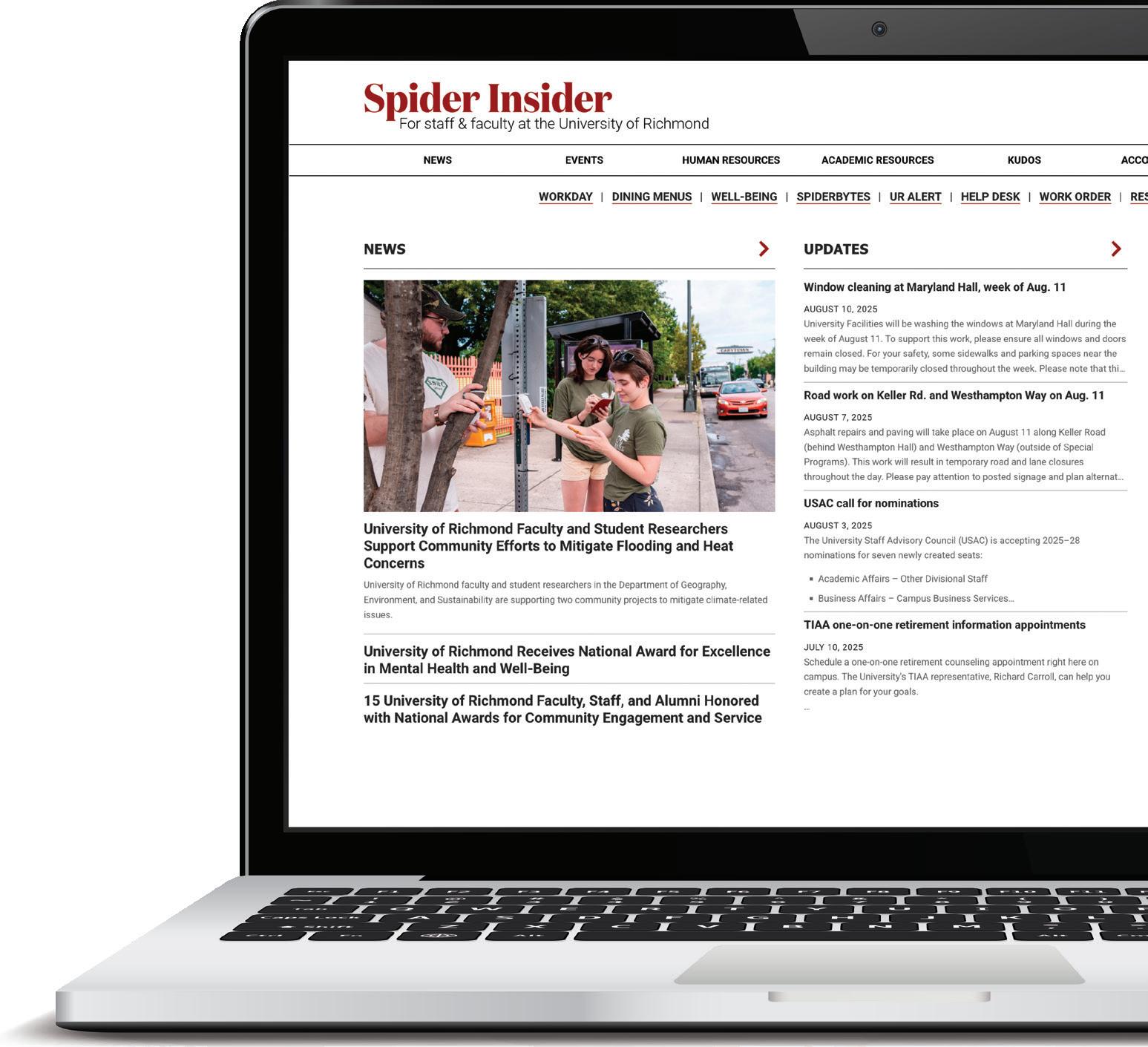
OMICRON DELTA KAPPA
SPRING 2025 Epsilon Circle Inductees
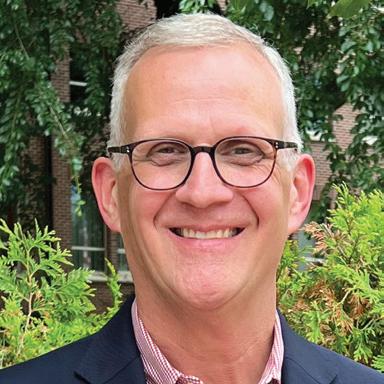
TODD ADAMS Vice President for Student Development Student Development
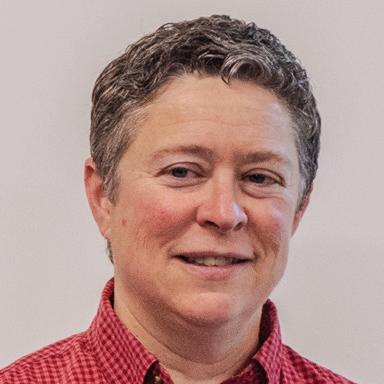
This national leadership honor society recognizes individuals who have demonstrated exemplary character and leadership achievements in one of the five phases of campus life: scholarship, athletics, service, communications, and arts.
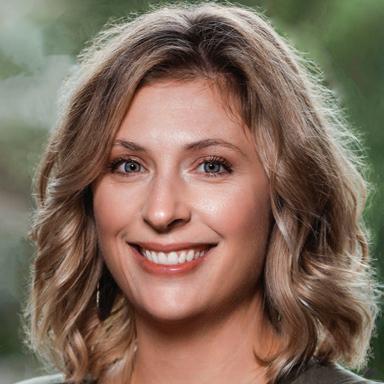
KRISTEN DAY Director of Counseling and Psychological Services Counseling and Psychological Services
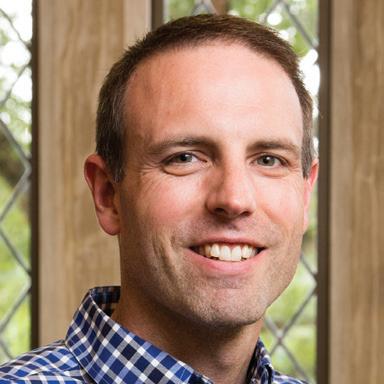
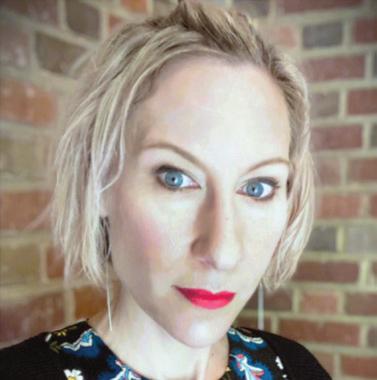
DARA GOCHESKI Chief of Staff Office of the President
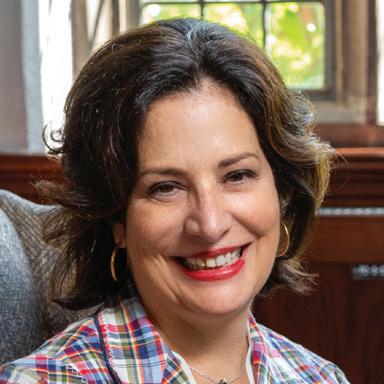
JOAN SAAB Executive Vice President and Provost Academic Affairs
CORINNA LAIN, S. D. Roberts & Sandra Moore Professor of Law, published Secrets of the Killing State: The Untold Story of Lethal Injection (NYU Press).

JENNIFER LO PRETE, communications manager in the School of Arts & Sciences, and Cynthia Price, associate vice president for communications and media relations, presented “The Writer’s Workshop: How Collaborative Minds Shape Compelling Content” at the Public Relations Society of America’s Counselors to Higher Education Senior Summit in Washington, D.C.
MICHAEL MARSH-SOLOWAY, teaching faculty of literatures, languages, and cultures, published The Mathematical Mind of F. M. Dostoevsky: Imaginary Numbers, Non-Euclidean Geometry, and Infinity (Lexington Books).
PATRICK MARTIN, assistant professor of computer science, and students developed the robotics algorithms and wearable computing systems that facilitated the live choreography of humans and robots in “Interconnected,” an improvisational dance performance.
CHRIS MILLER, visiting assistant professor of political science, and Yucong Jiang, assistant professor of computer science, published “Congressional rhetoric on Twitter and the crisis of democracy” in Communication and Democracy
As We Speak: The Future of Free Expression the documentary film in which ERIK NIELSON, professor of liberal arts, served as both a consulting producer and expert on the use of rap lyrics in criminal trials, was nominated for an Emmy award as an Outstanding Arts and Culture Documentary.
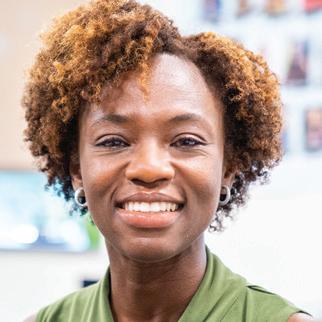
CAMILLA NONTERAH, associate professor of psychology, co-published “Diversity, Equity, Inclusion, and Belonging in Organ Transplantation” in the American Journal of Transplantation
SARA PAPPAS, associate professor of French and visual culture, published Naturalism’s Imaginary Museum, French Art, and the Eclectic Nineteenth Century (University of Toronto Press).
JOONSUK PARK, associate professor of computer science, co-published “Are LLM-Judges Robust to Expressions of Uncertainty? Investigating the effect of Epistemic Markers on LLM-based Evaluation,” “AdvisorQA: Towards Helpful and Harmless Advice-seeking Question Answering with Collective Intelligence,” and “tRAG: Term-level Retrieval-Augmented Generation for Zero-shot Retrieval” in the Proceedings of the North American Chapter of the Association for Computational Linguistics and “Return of EM: Entity-driven
PIPPA HOLLOWAY Cornerstones Chair in History School of Arts & Sciences
WILLIAM O’NEAL Teaching Faculty of Chemistry School of Arts & Sciences
Answer Set Expansion for QA Evaluation” in the Proceedings of the International Conference on Computational Linguistics
COREY PAYNE, assistant professor of sociology, co-published “Billionaires and Capitalist Development in World-Historical Perspective” in the journal Sociology of Development
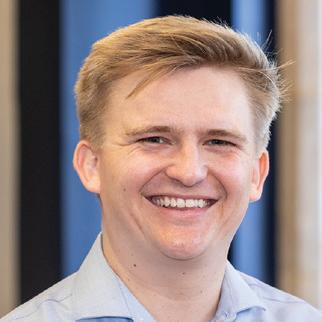
JOHN PETERS, assistant professor of biology, received a $502,981 National Science Foundation award to support his neuroscience research on the mechanisms of learning and memory.
JULIE POLLOCK, associate professor of chemistry; Beth Zizzamia, Spatial Analysis Lab geographic information systems operations manager; and a student published “An Online Interactive Map of Human Metabolic Pathways and Associated Genetic Disorders as a Tool for the Biochemistry Classroom” in the Journal of Chemical Education

CYNTHIA PRICE, associate vice president for communications and media relations, won first place in the writing – specialty articles – green/environmental category for “Lessons in Nature on the University of Richmond Campus” in the Virginia Professional Communicators 2025 communications contest. Price and Jennifer Lo Prete, communications manager in the School of Arts & Sciences, presented “The Writer’s Workshop: How Collaborative Minds Shape Compelling Content” at the Public Relations Society of America’s Counselors to Higher Education Senior Summit in Washington, D.C.
OMAR QUINTERO-CARMONA, associate professor of biology; John Warrick, associate professor of biology; and students published “Transcriptomic Analysis of CAD Cell Differentiation” in MicroPublication Biology
KYLE REDICAN, teaching faculty of geography, environment, and sustainability, and a student published “Generative AI in Undergraduate Education: An Early View of Developments, Prospects, and Challenges of the AI Revolution” in The Professional Geographer
RACHEL REYNOLDS, adjunct assistant professor of nonprofit studies, presented “Ambidextrous Leadership in Nonprofit Organizations: The Role of Joint Space” at the Leading Change Conference 2025 at James Madison University in Harrisonburg, Virginia.
GRANT RISSLER, assistant professor of organizational studies, presented “GIS Mapping as a Tool for Improving the Accessibility of Immigrant Integration Research Findings” on the panel “Innovations in Research on Immigrant Integration” and addressed work/life balance in the Student and New Professionals Summit, both at the 2025 annual conference of the American
Congratulations, Graduates!
Caps off to UR’s most recent employee grads! Way to go, Spiders!
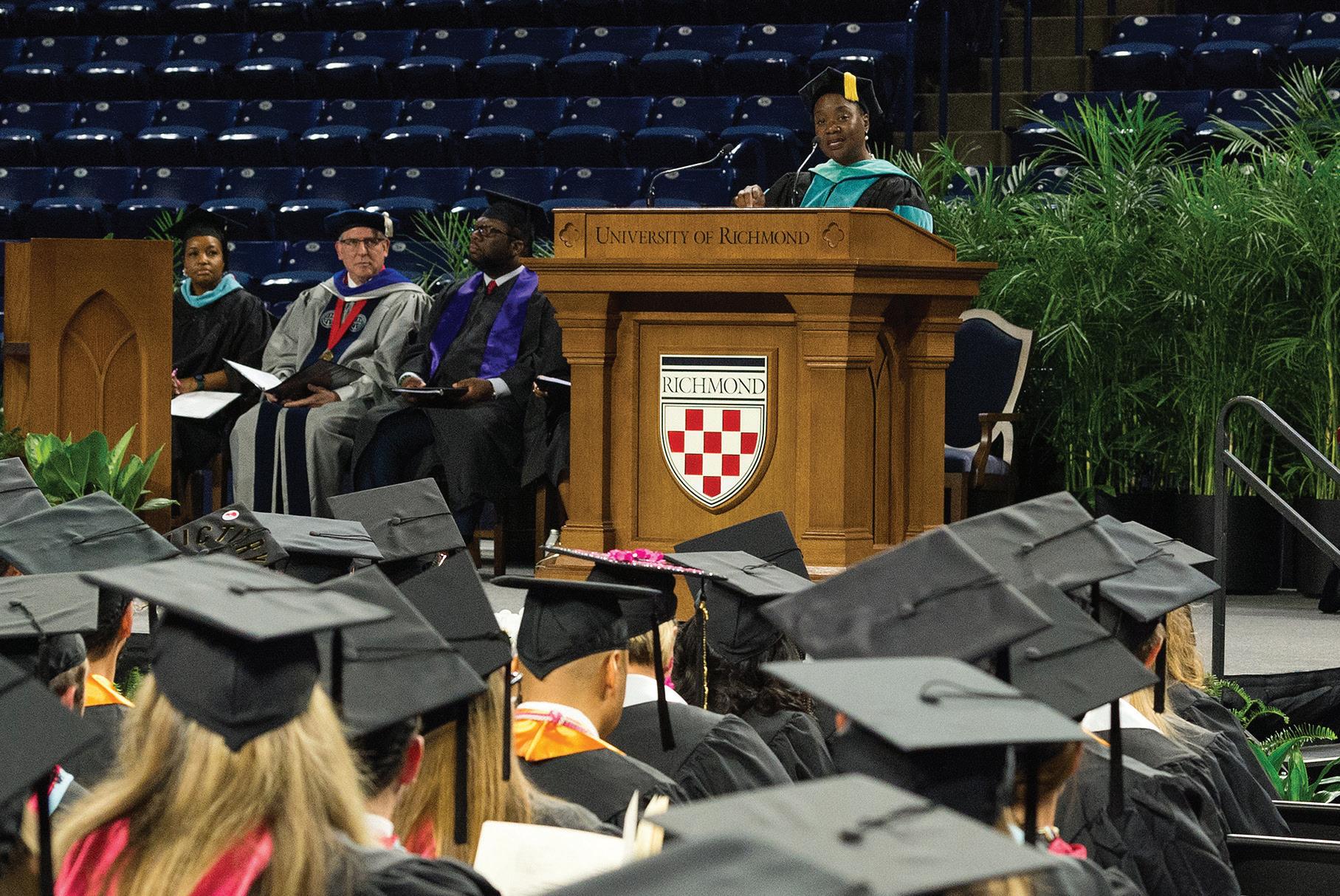
JANE BISE
Master of Nonprofit Studies Administrative Specialist, Faculty Hub
KIERA CAMPBELL
Graduate Certificate in Human Resource Management Compensation Analyst, Human Resources
MELISSA FARMER
Master of Human Resource Management HR Representative, Human Resources
CATHERINE HASH
Master of Human Resource Management
Academic Administrative Coordinator, School of Arts & Sciences
ALLISON HICKS
Master of Human Resource Management
Associate Director of Communications and Professional Development, University Facilities
SAYED AKABER HUSSAINI
Graduate Certificate in Human Resource Management Custodial Support Associate, University Facilities
LAREE SUGG
Master of Liberal Arts
Deputy Director of Athletics for Policy and Sports Management, Athletics
SHANNON WISKMAN
Certificate of Applied Studies
Cold Food Production I, Catering
Employees listed above graduated in December 2024, May 2025, or August 2025. Many, if not all, received their degrees using the University’s tuition remission program. Visit hr.richmond.edu/benefits for more details.
Endowed Position Holders
These academic honors recognize an individual’s attainment of the highest levels of teaching, scholarship, research, and service in their discipline or field.
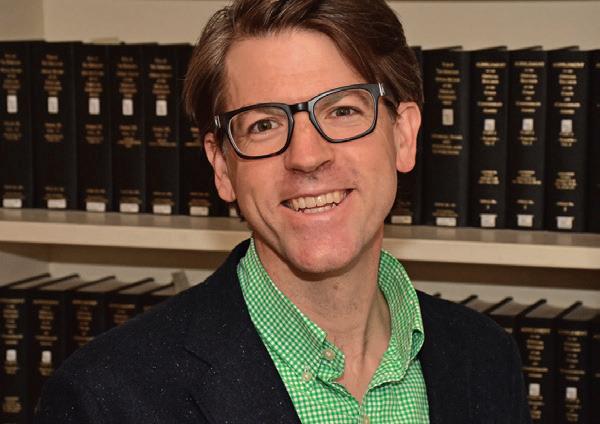
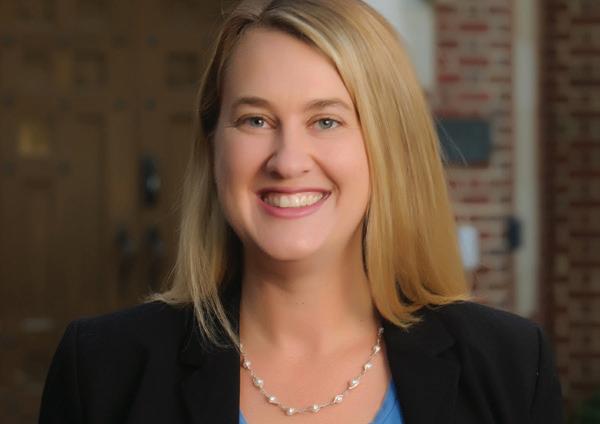
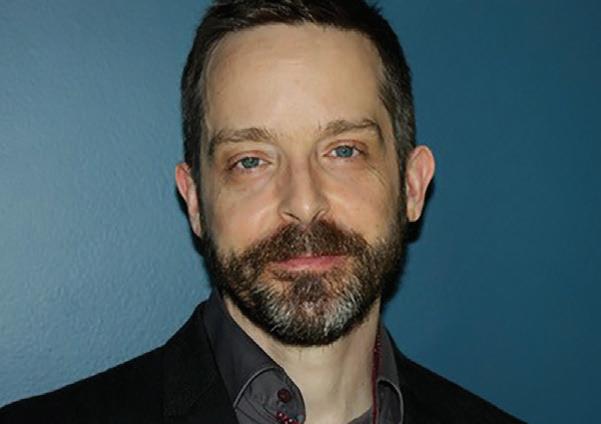
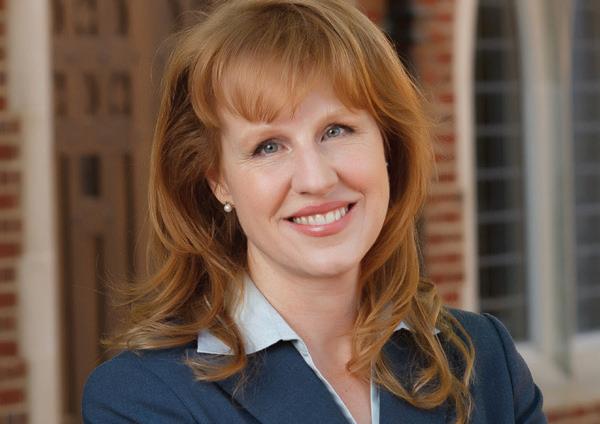
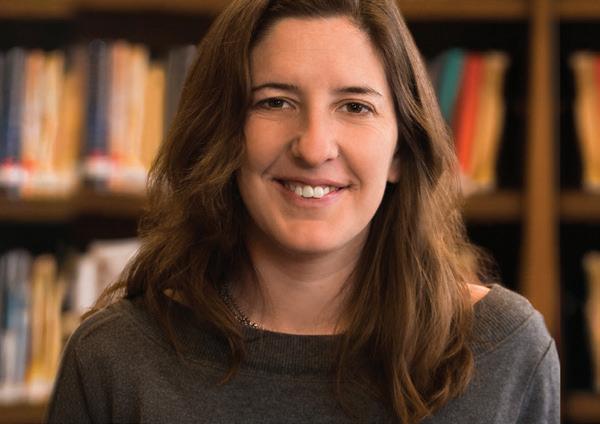
JAMES BROOMALL
William Binford Vest Chair in History
JESSICA ERICKSON
George E. Allen Chair in Law
BRIAN HENRY
Jabez A. Bostwick Chair of English
CORINNA LAIN
George E. Allen Chair in Law
MIRIAM MCCORMICK
Lewis T. Booker
Professorship in Ethics
Society for Public Administration. He presented “Administrative Evil: A Public Administration Failure Examined through a Peacebuilding Lens” on the panel “Peace and Public Administration: Theoretical Insights” at the virtual 2025 annual meeting of the Public Administration Theory Network and served as a discussant for the panel “Peace and Public Administration: Using Overlapping Insights to Inform Praxis.” Rissler presented “Immigration Law and Policy Shifts in Trump 2.0” as part of the Richmond Peace Center’s 2025 Teach-In “The First 80 Days of the Trump Administration” and co-presented “Megaphone or Modulator? Examining the Role of Non-Profit Organizations in Amplifying the Voices of Immigrants” on the panel “Borders and Migration” at the summer virtual meeting of the Southern Political Science Association.
AARON ROUSSELL, women’s basketball head coach, was named the 2025 Kathy Delaney-Smith Mid-Major Coach of the Year, presented by Her Hoop Stats.
HEATHER RUSSELL, associate professor of mathematics, co-published “Runs and RSK Tableaux of Boolean Permutations” in Annals of Combinatorics
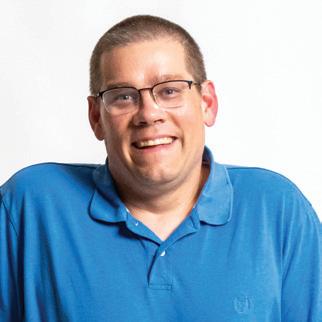
CORT SCHNEIDER, director of disability services, and Joe Essid, adjunct assistant professor of liberal arts, presented “Practicing Computer Love with Neurodiverse Writers” at the 76th annual convention of the Conference on College Composition and Communication in Baltimore.
JEFF SEEMAN, visiting research scholar, published “Eureka Moments Shared by Chemists. Hints at Enhancing One’s Own Creativity (and Even One’s Joy)” in ACS Central Science
TOM SHIELDS, associate professor of education and leadership studies, presented “Can We Learn & Live Together 2.0: Housing & School Segregation in the Richmond Region” at the National Coalition on School Diversity’s Fifth National Conference on School Diversity at Georgetown University Law Center.
JULIETTA SINGH, Stephanie Bennett-Smith Chair of Gender and Sexuality Studies and professor of English, directed The Nest, a feature-length documentary, which made its world premiere at the Hot Docs Festival in Toronto.
AGNIESZKA SZYMAŃSKA, associate professor of art history, was awarded membership to the Institute for Advanced Study, one of the world’s foremost centers for theoretical research and intellectual inquiry.
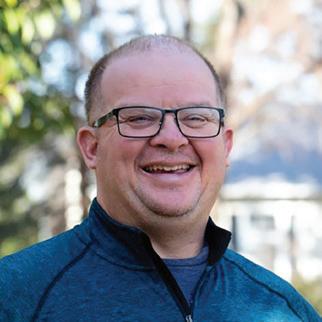
JOE TORRENCE, SPCS director of community engagement and external relations, was appointed to the community engagement committee of the Virginia Association of Fundraising Executives. The committee works to develop and steward partnerships with other organizations to build a more vital and inclusive philanthropic community throughout the commonwealth.
KARINA VÁZQUEZ, senior teaching faculty of Latin American, Latino, and Iberian studies, published “Escritoras que nos rescatan. La reedición literaria en el aula universitaria como práctica de investigación-creación / Female Writers Come to the Rescue: Literary Reedition as a Research-Creative Pedagogy in the University Classroom” in (an)ecdótica and “Intimate Experiences: War and Food in Lee Miller” in The Recipes Project. Vázquez presented “Bridging the Gap: Students Translators and Interpreters within the Community” at the National Council on Undergraduate Research Conference and “Bridging Humanities, Professions and Communities” at the University of Georgia.
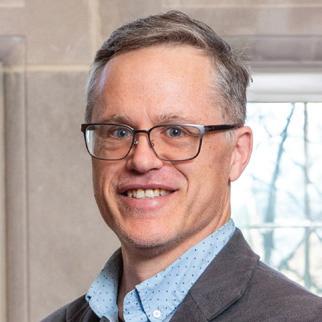
CHRISTOPHER VON RUEDEN, professor of leadership studies, co-published “‘Fiercely egalitarian’: Thematic Cross-Cultural Analysis Reveals Regularities in the Maintenance of Egalitarianism Across Four Independent African Hunter-Gatherer Groups” in Cross-Cultural Research and “Cross-cultural evidence that intergroup conflict heightens preferences for dominant leaders: A 25-country study” and “Why collective music-making is sometimes rare: A study of four indigenous societies” in Evolution and Human Behavior
SHWETA WARE, assistant professor of computer science; Laura Knouse, professor of psychology; and students published “ADHDSymTracker: Predicting ADHD Symptoms using Apple HealthKit Data” in Smart Health
JOHN WARRICK, associate professor of biology; Omar Quintero-Carmona, associate professor of biology; and students published “Transcriptomic Analysis of CAD Cell Differentiation” in microPublication Biology
KEVIN WEBSTER, adjunct lecturer of psychology, was named the Omicron Delta Kappa (ODK) Faculty of the Year. The award honors a faculty member who embodies ODK’s values of scholarship, leadership, integrity, service, and fellowship.
DAVID WILKINS, E. Claiborne Robins Distinguished Professor in Leadership Studies, published the chapter “Moving Past the Flawed Equations of Blood and Property” in Beyond Blood Quantum: Refusal to Disappear (Fulcrum Publishing).
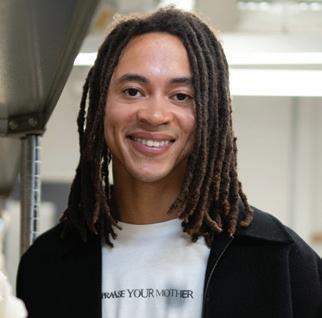
SANDY WILLIAMS IV, assistant professor of art, designed the bronze sculpture “Authors and Architects,” a memorial to the role of slavery in the life of Roanoke College. Six new sculptures that embrace and elaborate on the nuances of time were featured in Williams’ inaugural solo exhibition “Life in Ellipsis” at the Palo Gallery in New York. The exhibition was also featured in Wallpaper*.
DOUGLAS WINIARSKI, professor of religious studies, received the John M. Murrin Essay Prize for the best article published in Early American Studies: An Interdisciplinary Journal in 2024 for “Revisioning the Shawnee Prophet: Revitalization Movements, Religious Studies, and the Ontological Turn.”
JORGE WONG MEDINA, assistant professor of classical studies, presented “The Formulaic Template and Linguistic Innovation in Homer” at the Formulaic Language in Historical Linguistics: Data, Methods, Tools, and Theory conference at the Finnish House of Learned Societies and “Homeric Diectasis” at the 11th International Colloquium of Ancient Greek Linguistics.
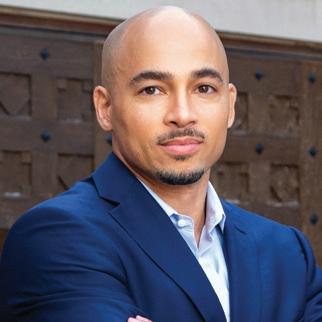
KEVIN WOODSON, professor of law, published “Doing Justice with Empathy: Black Prosecutors in the Age of Mass Incarceration” in Fordham Law Review
CARRIE WU, professor of biology, published “Effects of experimental warming on floral scent, display, and rewards in two subalpine herbs” in Annals of Botany
ERIC YELLIN, associate professor of history, participated in the American Historical Association’s congressional briefing in Washington, D.C., offering historical perspectives on the federal civil service.
BETH ZIZZAMIA, Spatial Analysis Lab geographic information systems operations manager; Elizabeth Baughan, associate professor of classics and archaeology; Lauren Henley, assistant professor of leadership studies; and students presented “Students Collaborating with Community in Richmond’s Black Cemeteries” at the IMPACT National Conference at Virginia Commonwealth University. Zizzamia; Julie Pollock, associate professor of chemistry; and a student published “An Online Interactive Map of Human Metabolic Pathways and Associated Genetic Disorders as a Tool for the Biochemistry Classroom” in the Journal of Chemical Education
The following highlights full- and part-time faculty and staff new hires and retirements from Feb. 1 to June 30.
NEW HIRES
FACULTY
SCHOOL OF LAW
Tamika Moses Assistant Professor of Law
STAFF
ACADEMIC AFFAIRS
SCHOOL OF ARTS & SCIENCES
Rachel Joshi Director of Chemistry Instrumentation
Mark Plowright Post-Baccalaureate Assistant, Chemistry
Holly Wemple Post-Baccalaureate Assistant, Chemistry
ROBINS SCHOOL OF BUSINESS
Tashae Freeman Savage Assistant Director of Recruitment, Admissions, and Student Services, Graduate Programs
Becca Siok Administrative Coordinator, Dean’s Office
SCHOOL OF LAW
Sarah Fois Director of Career Development
PROVOST
Eli Chancey International Education Fellow for International Student Engagement, International Education
Lucy Northup
Associate Director of Communications and Events, International Education
ADVANCEMENT
Erin Ford
Associate Director for Inclusive Career Development, Career Services
Sam Giacco Senior Customer Relationship Management Programmer/Developer, Advancement Systems
Misha Joao Administrative Coordinator, Donor Relations
Maggie Pence Program Manager, Career Services
Gabrielle Strickland Director of Annual Giving
ATHLETICS
Jack Bain Assistant Director of Facilities and Events
Kylie Brincks
Assistant Athletic Trainer, Spider Performance and Development – Sports Medicine
Joe Chomet Associate Head Coach, Field Hockey
Brandon Heeter Head Strength and Conditioning Coach, Women’s Basketball and Women’s Tennis
BUSINESS AFFAIRS
CAMPUS OPERATIONS
Hanna Bush Line Service Associate, Heilman Dining Center
Timothy Clinton
Manager Chef Production, Heilman Dining Center
Evelyn Corrigan Utility Associate, Heilman Dining Center
Joseph Hunt Gardener
Raymond Montoro Cold Food Production I, Catering
Deryk Noonkester Café Lead, ETC
Jesalfred Ochoa Painter
Nfn Shet A Ra Ab Catering Driver
Megan Showalter Event Manager, Catering
David Stadler Groundskeeper
Kurtis Taylor Electrician II
Roberto Verla Utility Associate, Heilman Dining Center
Michael Walker Temporary Cook I, Heilman Dining Center
SECURITY
Treyonna Brooks Communications Officer
Hannah Concannon Emergency Management Fellow
COMMUNICATIONS
Lucy Gilbert Video Editor
ENROLLMENT MANAGEMENT
Eden Kim Assistant Director of International Recruitment, Undergraduate Admission
Olivia Kitt Assistant Director of Admission for Diversity Outreach and Partnerships, Undergraduate Admission
INFORMATION SERVICES
Alex Daughtrey Multimedia Specialist NE 5, Campus Telecommunications
Tracey Mullis Administrative Coordinator, Academic Computing Services
STUDENT DEVELOPMENT
Tiffane DeBose Operations Assistant, Counseling and Psychological Services
Julia Kastelein Member Services Attendant, University Recreation RETIREMENTS
42 YEARS
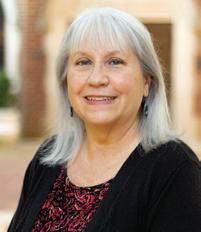
JOYCE JANTO Law School – Library
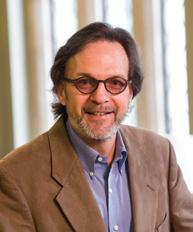
JONATHAN WIGHT Robins School faculty (Economics)
31 YEARS
JOHN JACOBS Campus Safety
30 YEARS
DARRELL WALDEN Robins School faculty (Accounting)
25 YEARS
DOROTHY HOLLAND Arts & Sciences faculty (Theatre and Dance)
SAM LLOYD
Events, Conferences, and Support Services
24 YEARS
MARGE MUSIAL Information Services – Campus Telecommunications
23 YEARS
TIMOTHY MIHALCOE Campus Safety
18 YEARS
JAN FRENCH Arts & Sciences faculty (Sociology and Anthropology)
16 YEARS
DIANE KELLOGG Arts & Sciences faculty (Chemistry)
RUSSELL LEONARD Professional and Continuing Studies faculty
14 YEARS
DAVID EPSTEIN Law School faculty
11 YEARS
HOA DIEP Heilman Dining Center
LOUISE JANES Robins School –Dean’s Office
5 YEARS
WALTER JACKSON Parking and Transportation
Calling ALL SPIDERS!
Come together to celebrate Homecoming.
Friday, Oct. 17
LUNCH & SPIDER DAY PARTY
11 a.m.–2 p.m. @ Heilman Dining Center & The Forum
SPIDER FIELD HOCKEY vs. ST. JOSEPH’S HAWKS
5 p.m. @ Crenshaw Field
ALUMNI PARTY UNDER THE LIGHTS
5:30–8:30 p.m. @ Jepson Alumni Center
Saturday, Oct. 18
SPIDER FOOTBALL vs. HOLY CROSS CRUSADERS
2 p.m. @ Robins Stadium (gates open @ 12:30 p.m.)
Sunday, Oct. 19
SPIDER AFTERNOON DOUBLEHEADER
Spider Field Hockey vs. American University Eagles
1 p.m. @ Crenshaw Field
Spider Soccer vs. George Washington Revolutionaries
4 p.m. @ President’s Field

410 Westhampton Way University of Richmond, VA 23173
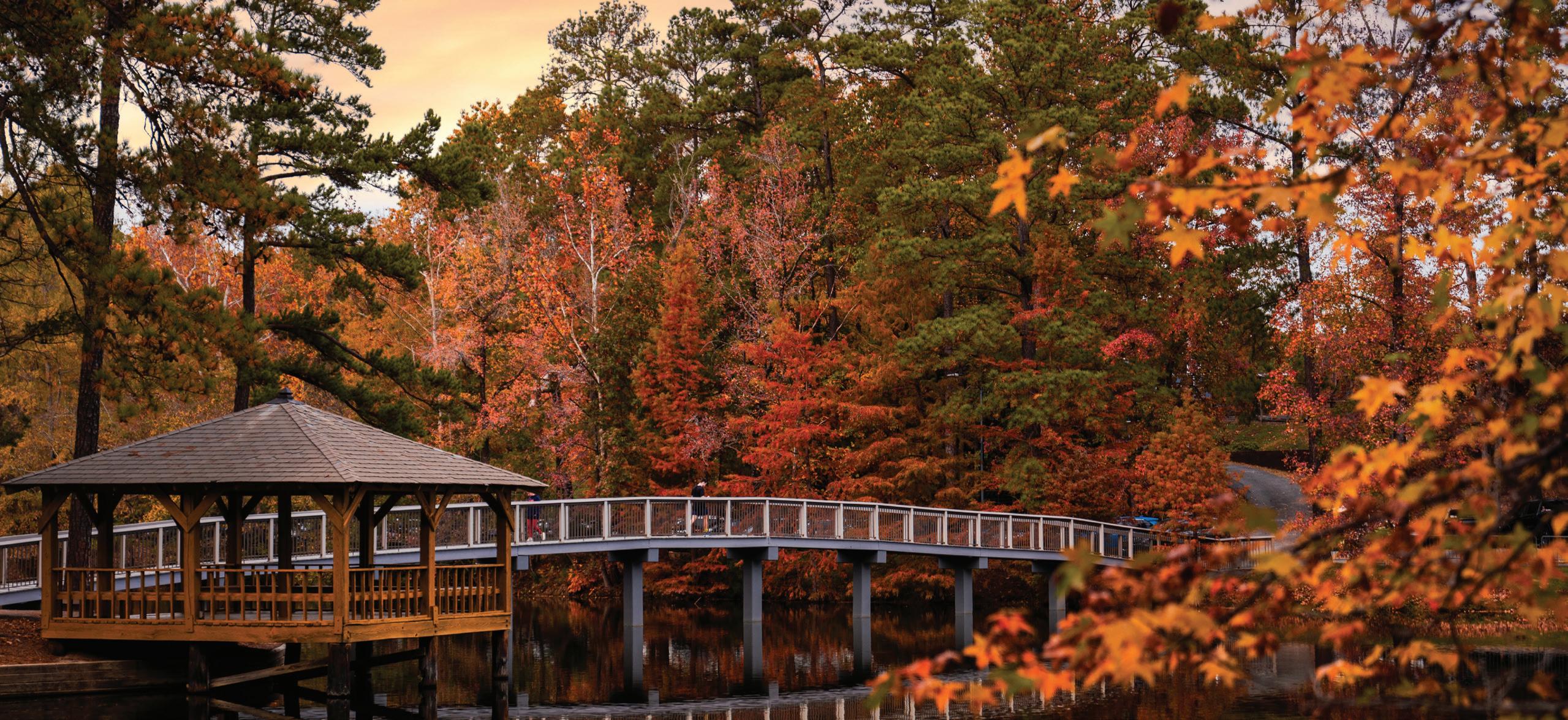
OCTOBER
Oct. 9, noon–1:30 p.m.
Fall Fest: An Employee Appreciation Event
Intramural Fields
Fall Fest
AN EMPLOYEE APPRECIATION EVENT
THURSDAY, OCT. 9 | Noon–1:30 p.m.
Intramural Fields
Oct. 17–19
ENROLLMENT! Oct. 27–Nov. 7
Oct. 18
Preview Richmond Open house for prospective students and their families
NOVEMBER Nov. 1, 2 p.m.
Employee Appreciation Day at Robins Stadium Football vs. Fordham; limited free tickets for faculty and staff
Nov. 26–28 Thanksgiving Break
DECEMBER
Dec. 5
Last Day of Undergraduate Fall Classes
This is the one time during the year to make changes to your benefit elections without a qualifying event.
Dec. 9, 1:30–3 p.m.
WintUR Chill Jepson Alumni Center
Dec. 24–31 Winter Break
JANUARY
Jan. 1 New Year’s Day
Jan. 12
First Day of Undergraduate Spring Classes
Jan. 19
Martin Luther King Jr. Day
USAC
The University Staff Advisory Council represents the needs of staff to senior administration and works to make the University of Richmond an employer of choice.
Meetings* Oct. 14 Nov. 11 Dec. 9 Jan. 13 1–3 p.m.
Visit usac.richmond.edu for meeting locations.
FACULTY SENATE
The University of Richmond Faculty Senate represents the faculty in the University’s governance process on matters that impact the University or affect more than one school.
Meetings* Oct. 24
Nov. 14 Jan. 16 3–4:30 p.m.
Visit facultysenate. richmond.edu for meeting locations.
*Unless otherwise noted, meetings are open to all faculty and staff.
Benefit Fairs Open Enrollment assistance from Human Resources and insurance representatives, free flu shots, and more.
Oct. 28, 9 a.m.–4 p.m. Tyler Haynes Commons, Alice Haynes Room
Nov. 5, 9 a.m.–4 p.m. Heilman Dining Center, Richmond Room
Nov. 7, 9 a.m.–4 p.m. Well-Being Center, Lobby
